Errores de un guiri (Preguntas/Questions)
Improve your Spanish and cultural knowledge with humour.
If you read Errores de un guiri (Frases del día) and Errores de un guiri (palabras no confundir), you already know what this is about, and you can skip the following two paragraphs.
I started Errores de Un Guiri to help people learn about Spanish culture and improve their Spanish by laughing with (or at) the mistakes I made. By understanding a language's common structures and idioms, you understand the humour and culture of the people (and vice versa).
Before reading, it's important to know what a Guiri is. "¿Qué es “guiri?” Un guiri es un extranjero que vive en España. Alguien que pone ketchup en la tortilla, mezcla los verbos estar y ser, deja propinas, busca restaurantes abiertos entre las 15:00 y 20:00, sale al club a las diez, llora en el ayuntamiento, pide paella fuera de la comunidad Valencia, y comete otros errores graves." What is “guiri?” A guiri is a foreigner living in Spain. Someone who puts ketchup on the tortilla, mixes the verbs estar and ser, leaves tips, looks for restaurants open between 15:00-20:00, goes to the club at ten, cries at the town hall, asks for paella outside the Valencia community, and makes other serious mistakes.
For today's article, we will start by testing your guiri knowledge.
Translation
Where is this guiri from?
In Spain, they eat tacos and burritos.
Translation
Answer: United States
Translation
Where does this guiri come from?
No! No! I'm not American.
Translation
Answer: Canada
Translation
Where is this guiri from?
I have a villa in Mallorca.
Translation
Answer: Germany
Okay, now it's time to test your knowledge of Spanish people.
Translation
Fill in the blank
Nobody makes better ______ than Spanish people.
Translation
To me, nobody makes better croquetas than Spanish people. Of course, this is going to piss some French people off. And if all fairness, I've never had French croquetas.
Translation
We are going to practice preterito pluscuamperfecto de subjuntivo with "hopefully."
Translation
I wish I hadn't drank two carajillos (*see video for explanation), three gin tonics, a bottle of wine and... What else? I can't remember.
Translation
I wish we had used a condom.
Translation
I wish I had invested in Bitcoin in 2010...
Translation
Fill in the blank space.
I wish __ ____________.
Translation
Fill in the blank space.
The worst of Spain is ______.
Translation
Fill in the blank space.
... The napkins under your food.
In Spain.
The rest of the world.
Translation
Fill in the blank space.
... Independent contractor fees/taxes.
In Spain
The rest of the world.
If you want to know just how mental autonomo fees are, watch this video or check out the frases del dia article.
Translation
Fill in the blank space.
... The transport companies.
The most precise arrival time you'll receive is Mediodía (Midday), but that's the direct translation. The accurate translation is, "I'll show up when I want, and I won't bother to call you. And if you aren't there, you'll have to drive to the warehouse no matter how far you live, even if you paid for shipping."
Translation
Fill in the blank space.
... Government employees (in bureaucracy).
"I've already worked two hours today."
Translation
How to lose friends in Spain.
Translation
Put chorizo in a paella.
If you ate paella with chorizo, you didn't eat paella. You ate rice from a clueless guiri.
Translation
Put ketchup in a Spanish tortilla.
I do it all the time, but at home, where I'm safe and out of site. And no, it's nothing like a Mexican tortilla. It's much blander – kind of like an omelette. That's why it needs to be smothered in hot sauce and some melted cheese.
Oh god, I sound like an American.
Translation
What are some other Spanish food sins?
Translation
How a guiri can become Spanish.
Translation
A lot of noise and people speaking over each other makes me happy.
Translation
I don't want to start a business anymore; I want to become a government employee.
This is because the Spanish system is set up so that if you want to start a small business, you'll have to deal with a mountain of paperwork and go broke or insane, but if you want to be a government employee, you'll live a very comfortable life.
Translation
The guiri became a partier, carnivore, and picaro. You can't translate picaro into English. It's like a mischievous rogue who makes money in clever, possibly illegal ways.
Translation
Since paying taxes, the guiri has become a (very) complainer.
Translation
When a Spanish person arrives in Canada – a guiri country
Translation
Free water.
"Amazing!"
Translation
Fast service
"Woohoo!"
Translation
Kind servers.
"Do you want something else?"
"Bravo!"
Translation
The receipt
Food $$$
Taxes $
Tip: Good – 15% Very good – 20% Excellent – 25%
... Fuck
Translation
Fill in the blank space
Not only __________ but also __________.
Translation
... The German Guiris
.... Not only do they fill the beaches of Mallorca, but also the clubs in Ibiza.
Translation
The American guiris
... Not only order burritos in a Spanish restaurant but also put ketchup on their patatas bravas.
Translation
The British guiris
... Not only want to leave the EU but also want to stay in Spain.
Translation
Now you try!
Translation
Why do Spanish transport companies always use the subjunctive?
Translation
The delivery day
"Where is my package?"
"We will send it to you as soon as it arrives in the warehouse."
Translation
... 5 days later
"Why isn't my package here yet?"
"As soon as we have an available truck, we will send it to you."
Translation
... 2 weeks later
"You said that my package would arrive last week! But it's still not here."
"We will send you the package as soon as we find it."
Translation
Why do Spanish transport companies always use the subjunctive?
Because the package's arrival is never certain!
Translation
Ways to order a beer in Spain.
There's no way to translate these.
Translation
Beer.
Translation
Offensive words that are still used in Spain.
"Offensive" from the point of view of English speakers.
Translation
Be careful with those croquettes, fatty.
Translation
My friend is so emotional. She is (a) bipolar.
... I'm not going to translate this one.
Translation
Tell me what you think.
Can changing language stop prejudice?
What other Spanish words do you find offensive?
Translation
We are going to practice preterito pluscuamperfecto de subjuntivo.
Translation
It would have been nice that __________ had they ___________.
Translation
Group of Spanish people: It would have been nice if the servers let us sit two more hours with the beer.
Group of guiris: It would have been nice if the servers brought us the food faster.
Translation
Now your turn!
It would have been nice that _______ they had _________.
Translation
How to know if someone is posh in Spain?
Translation
"Do you want to go to MasyMas?"
"I only shop in Corte Ingles and the central market."
MasyMas is an affordable Spanish supermarket smaller than many of its competitors. The produce might not be as high of quality as in the markets, and the brands might not be fancy, but I love it. And if you tell people you shop at Corte Ingles, they'll assume you have money. As for the central market, it depends on the city.
Translation
"The prices of sugar and butter have risen a lot, right?"
"Really? Well, I haven't noticed."
If you believe my work has value and enjoy reading on a platform that doesn't steal your attention with ads, please consider becoming a paid subscriber and sharing my work with your family and friends.
Si crees que mi trabajo tiene valor y disfrutas leyendo en una plataforma que no te roba la atención con anuncios, por favor considera convertirte en un suscriptor de pago y compartir mi trabajo con tu familia y amigos.




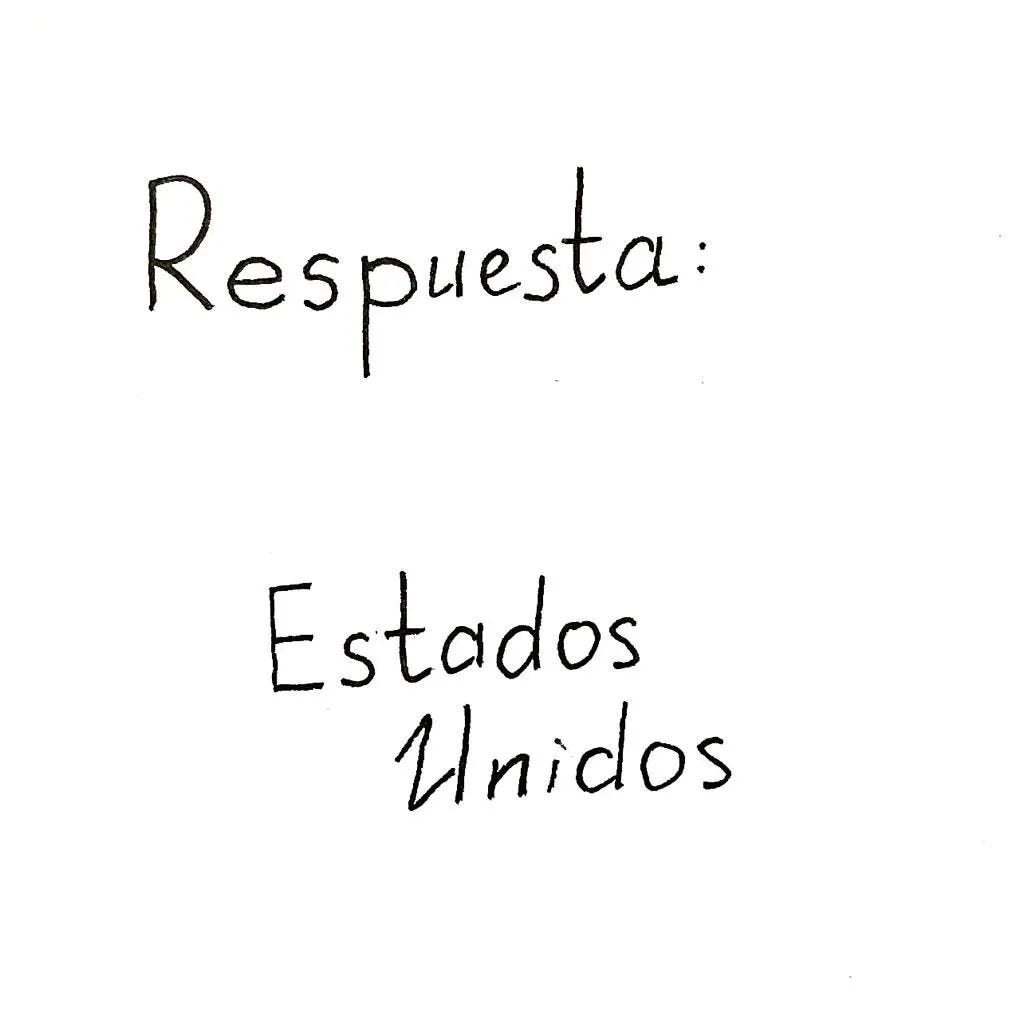
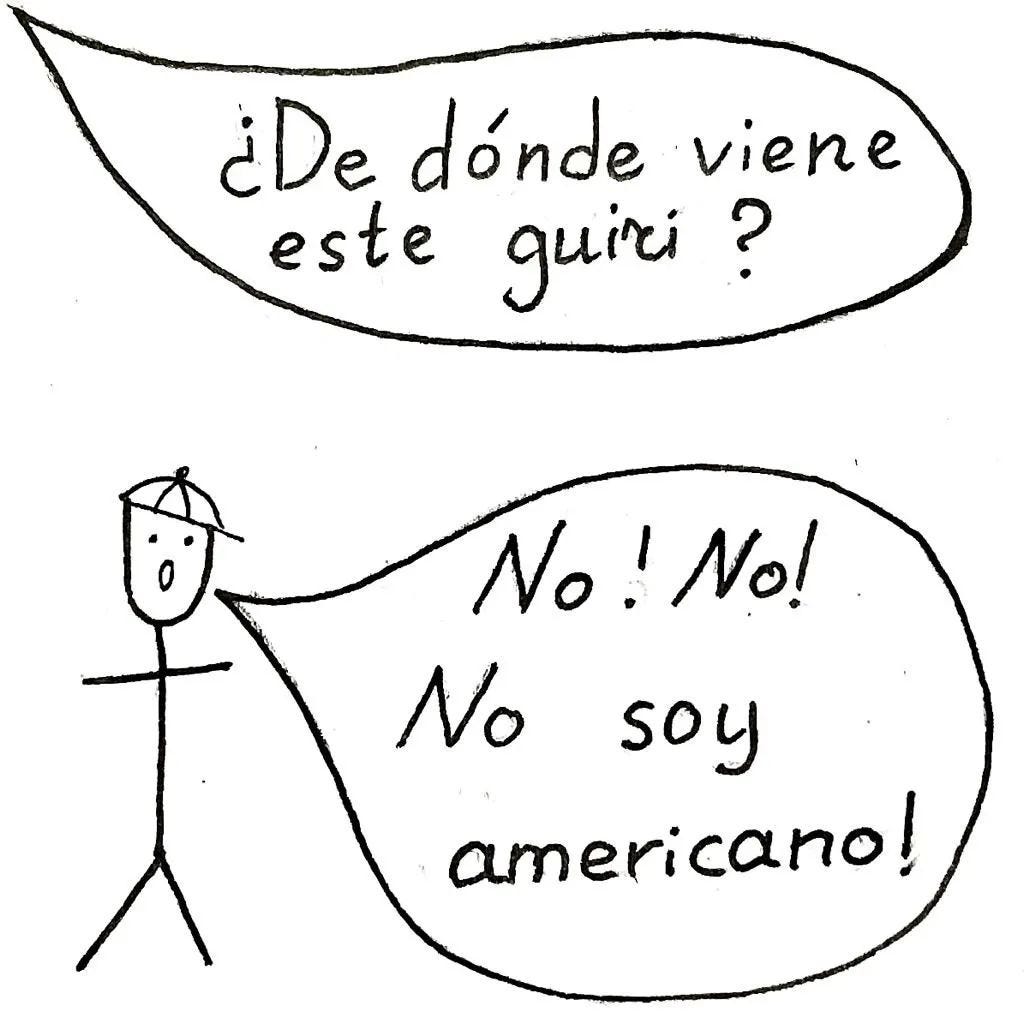
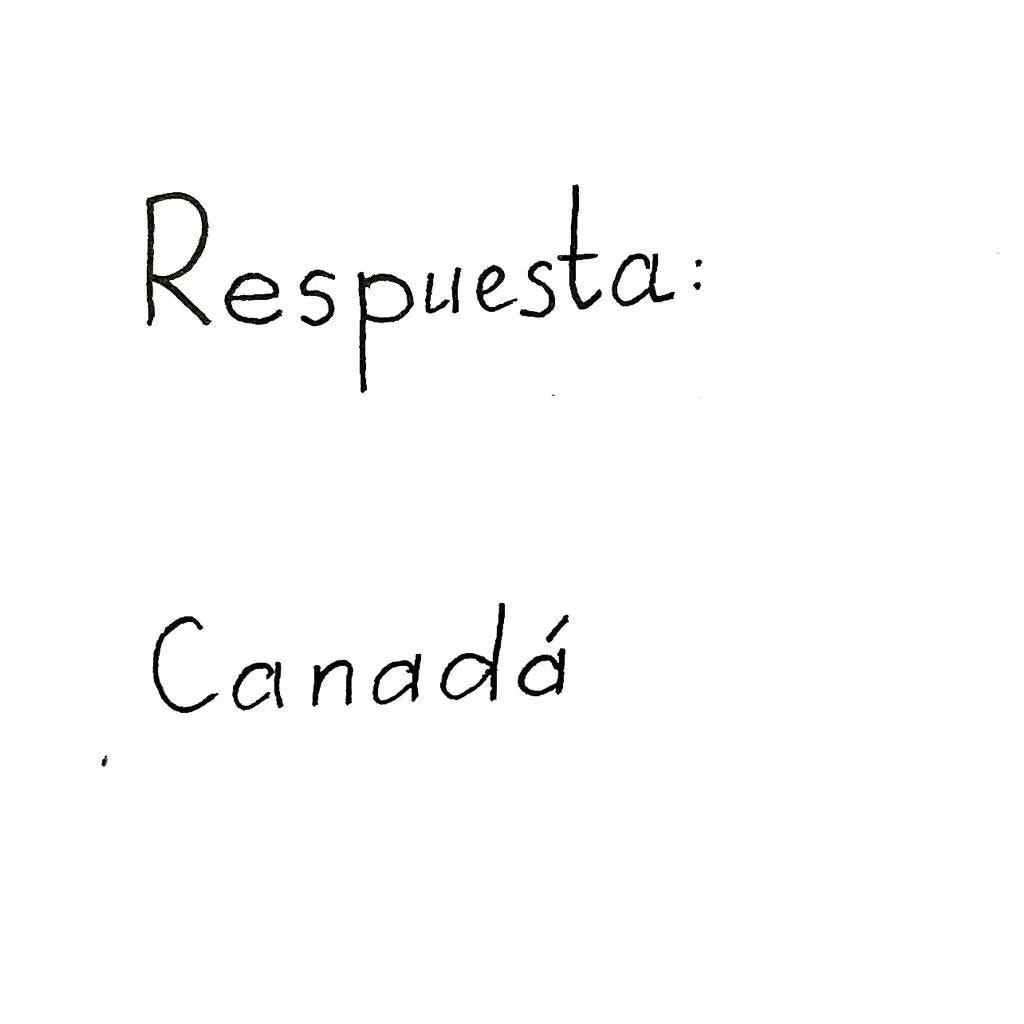
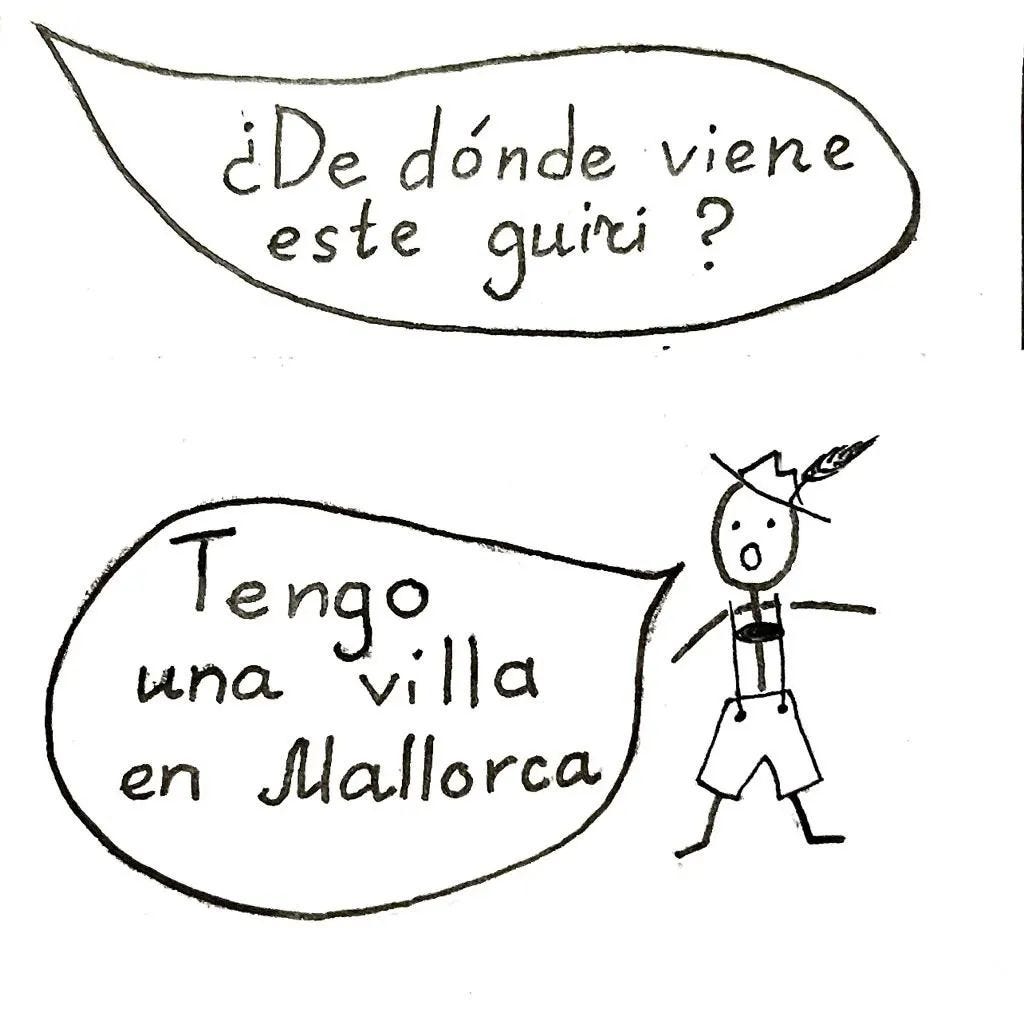
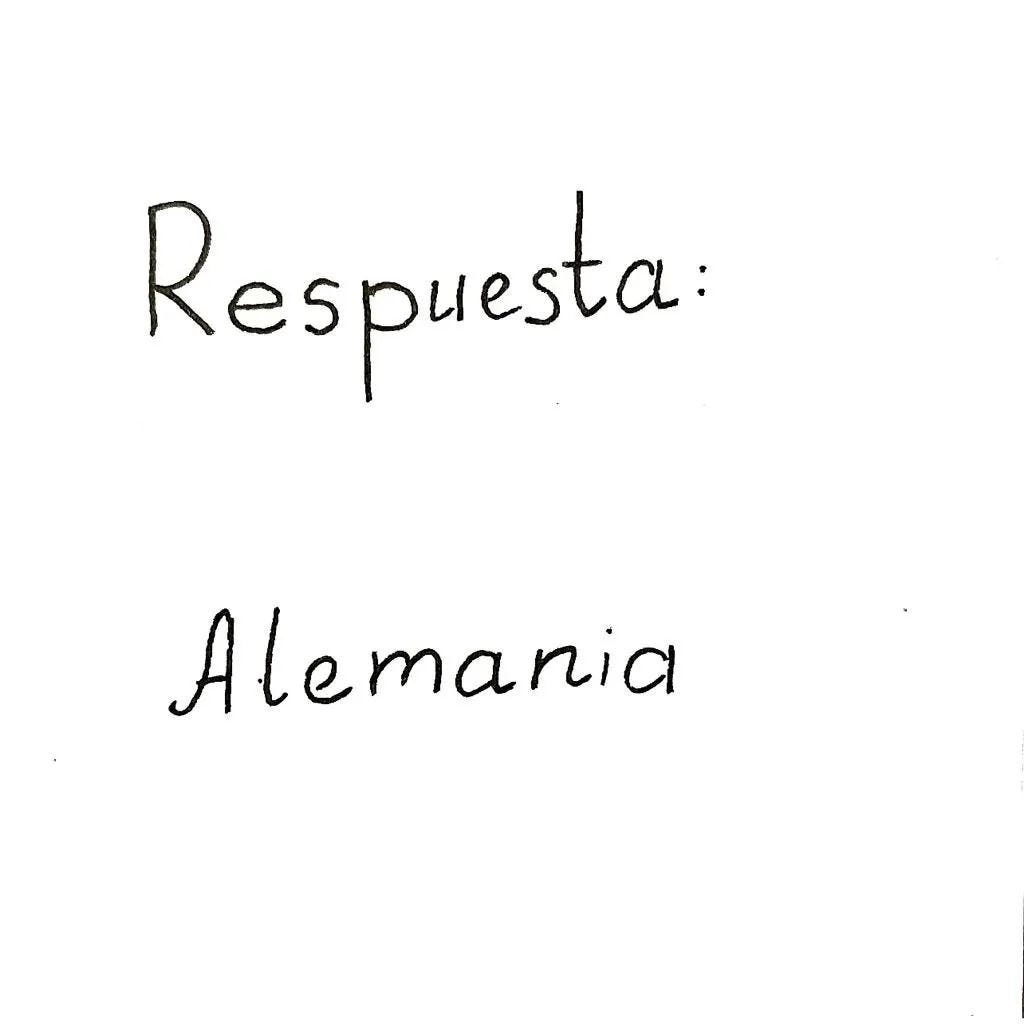
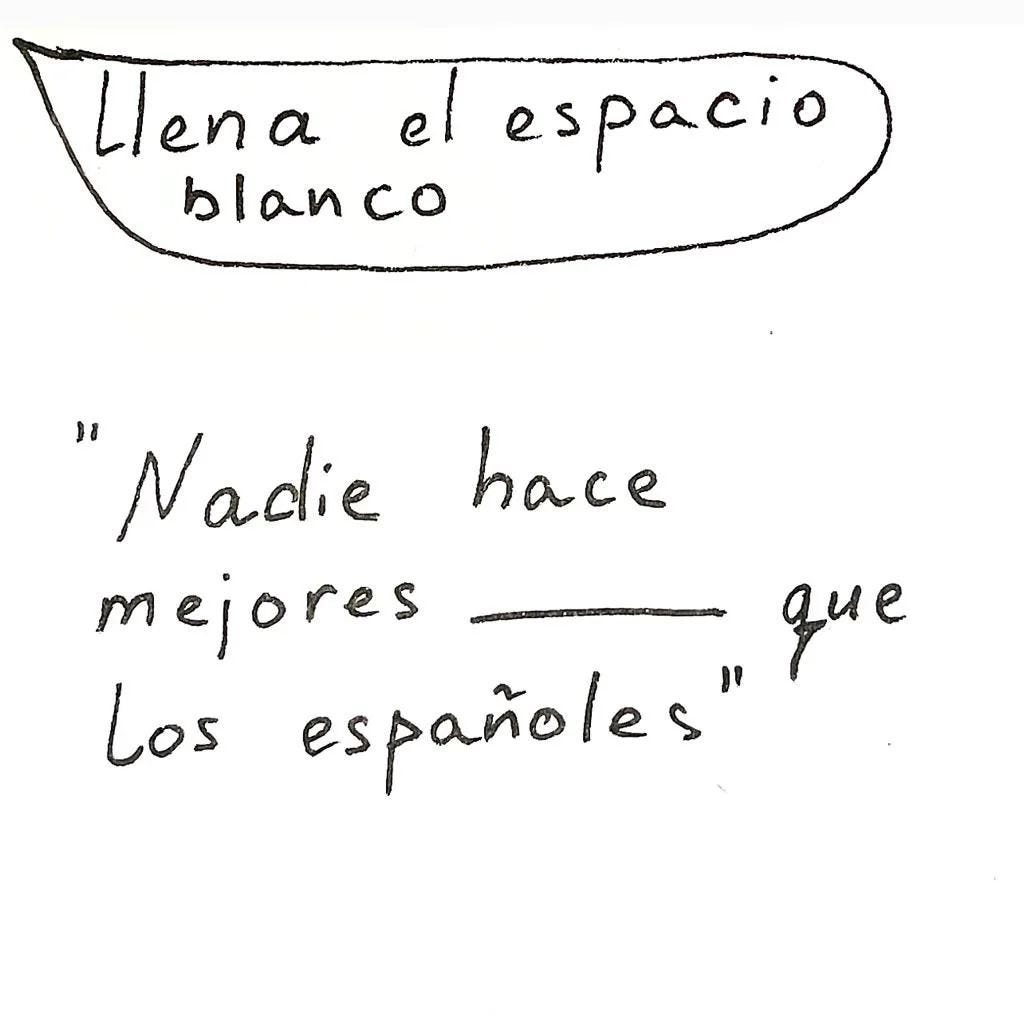
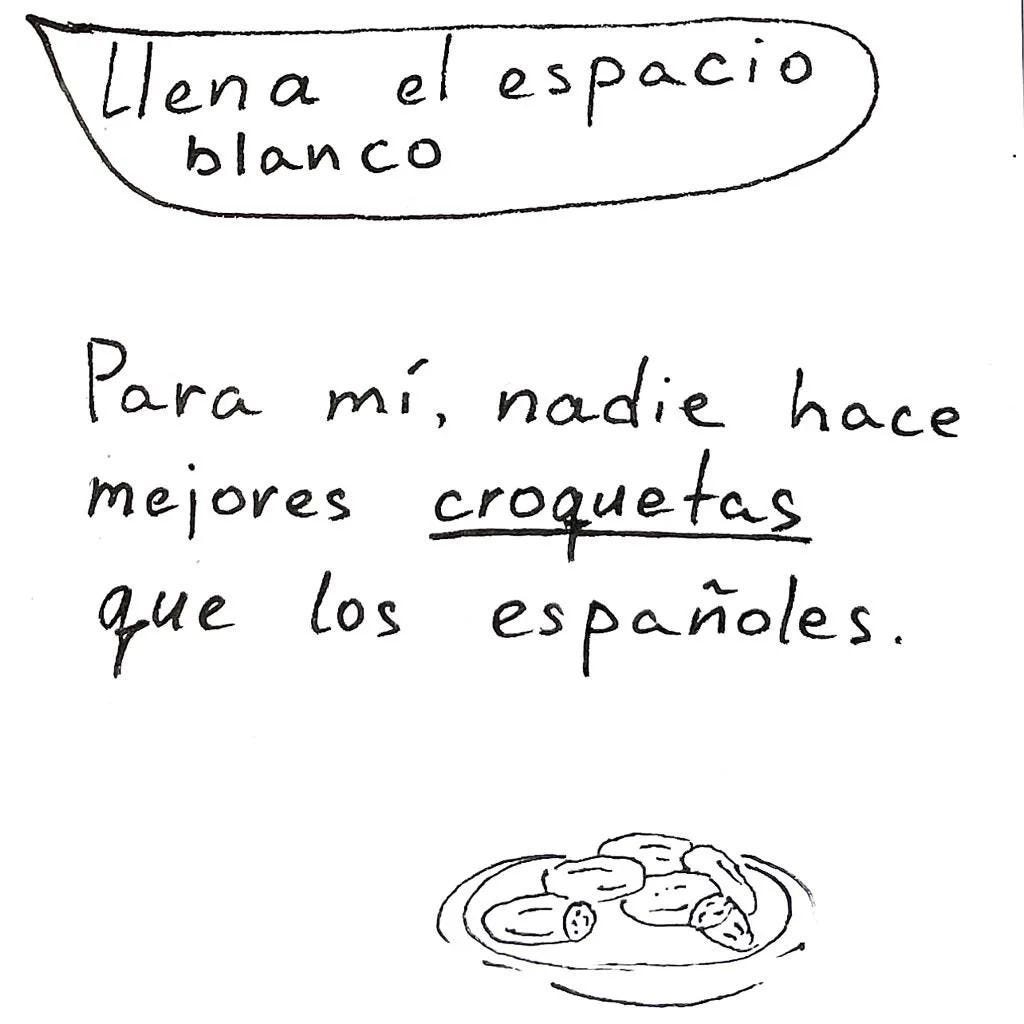
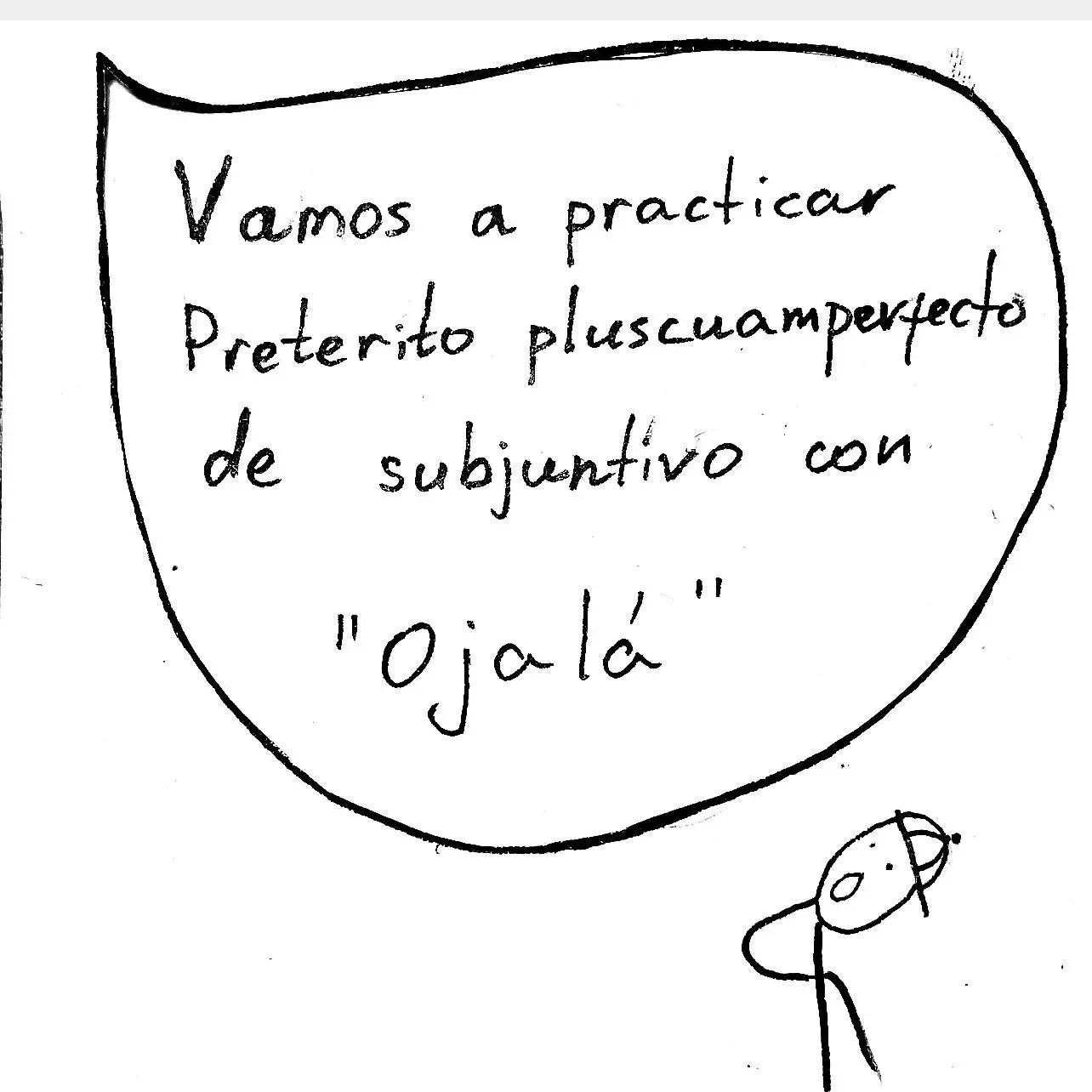
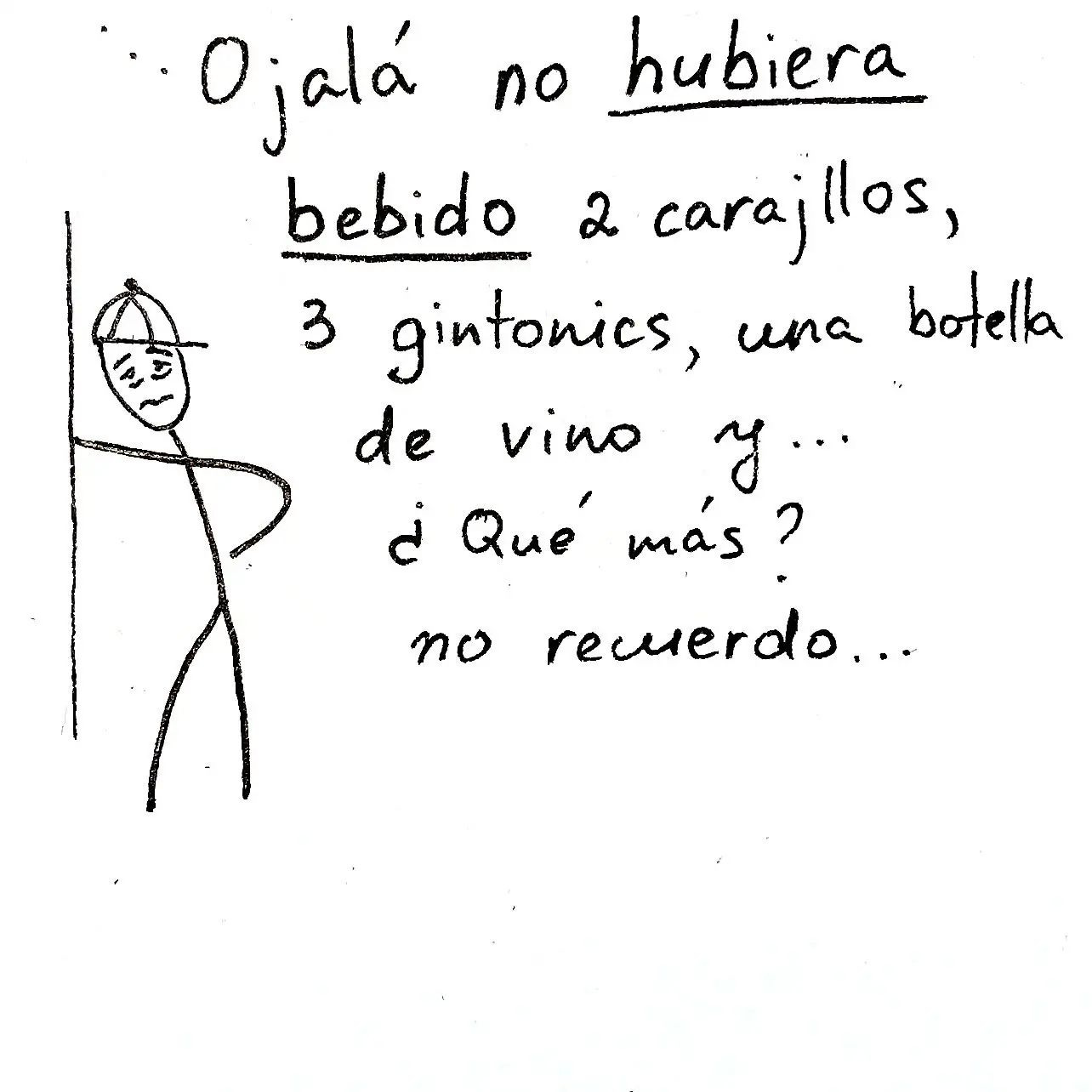
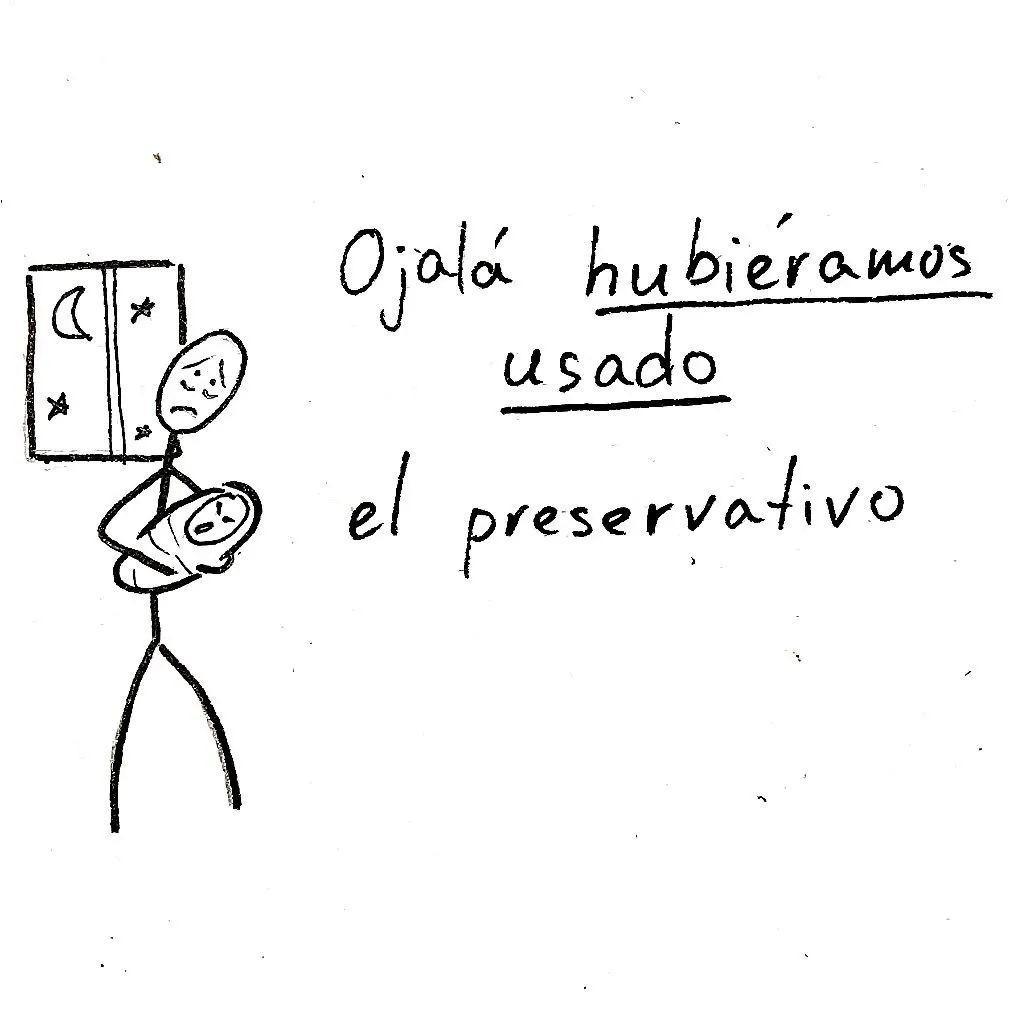

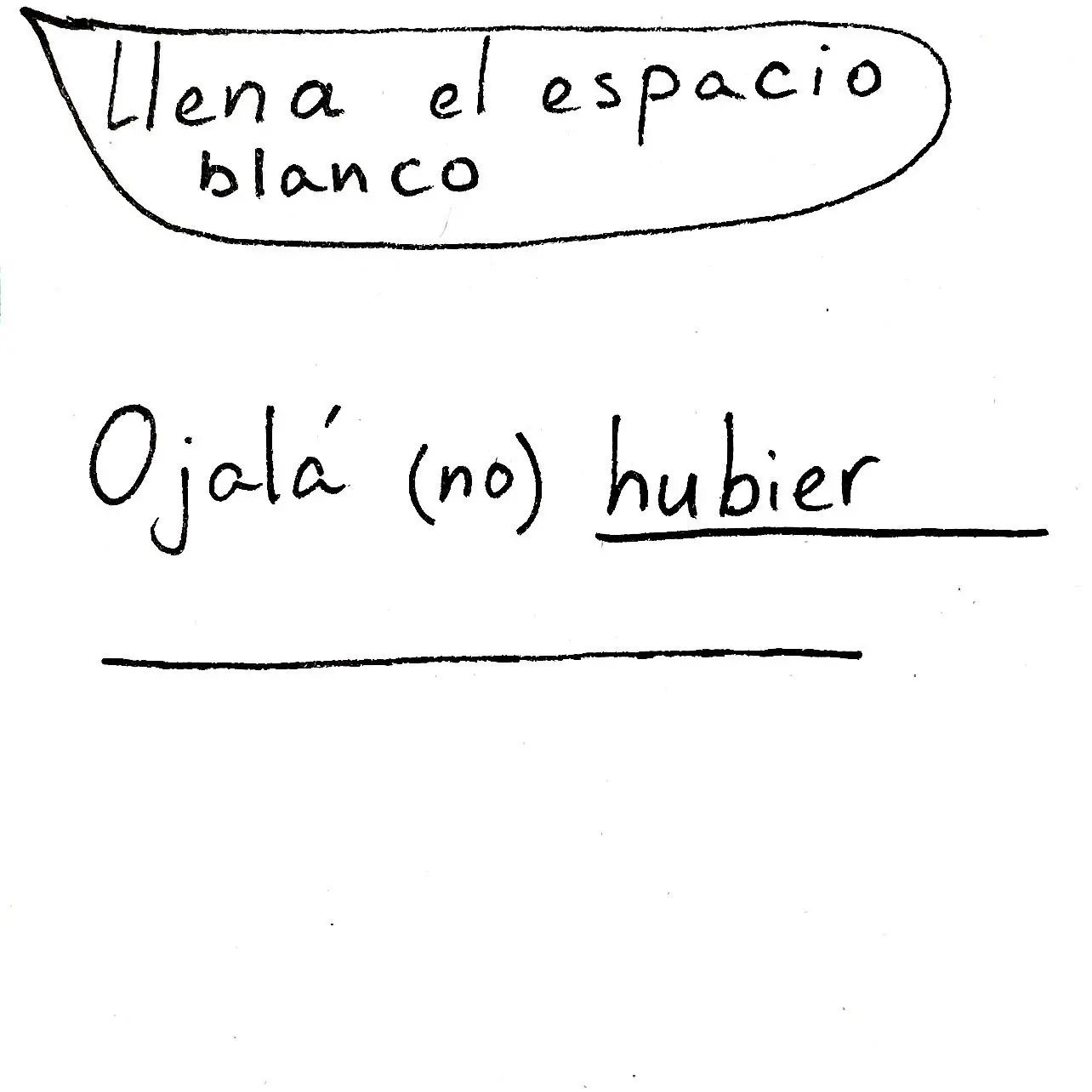
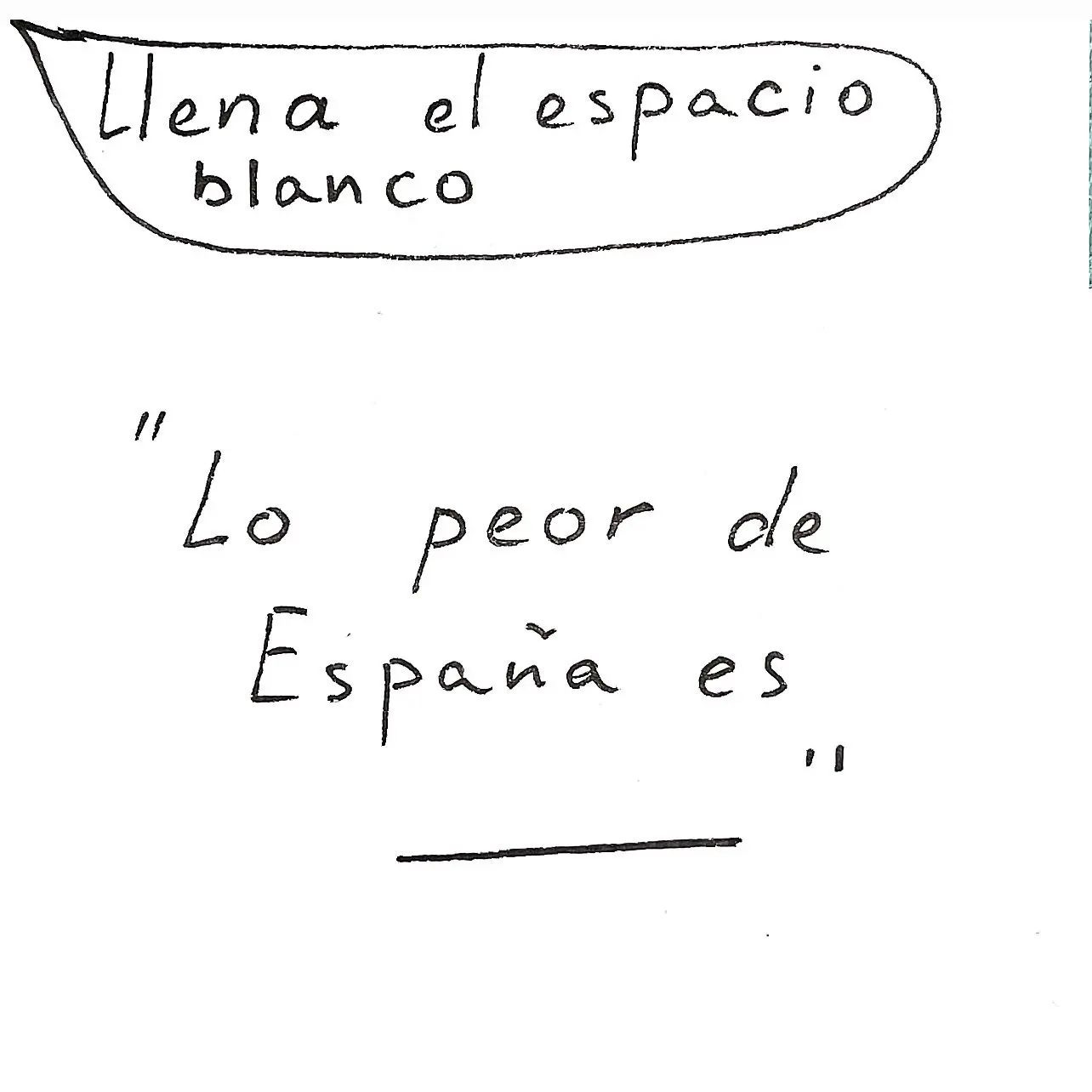
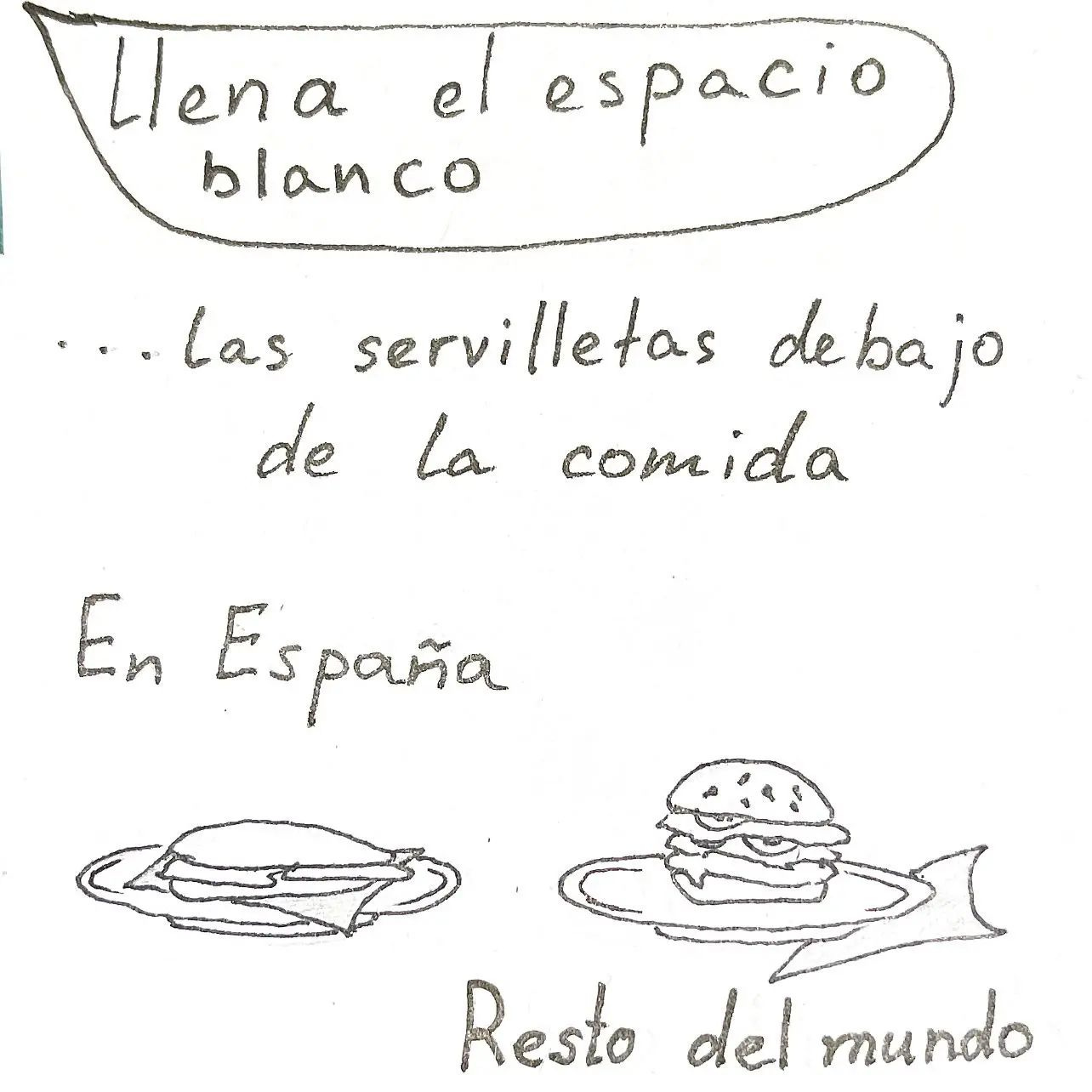
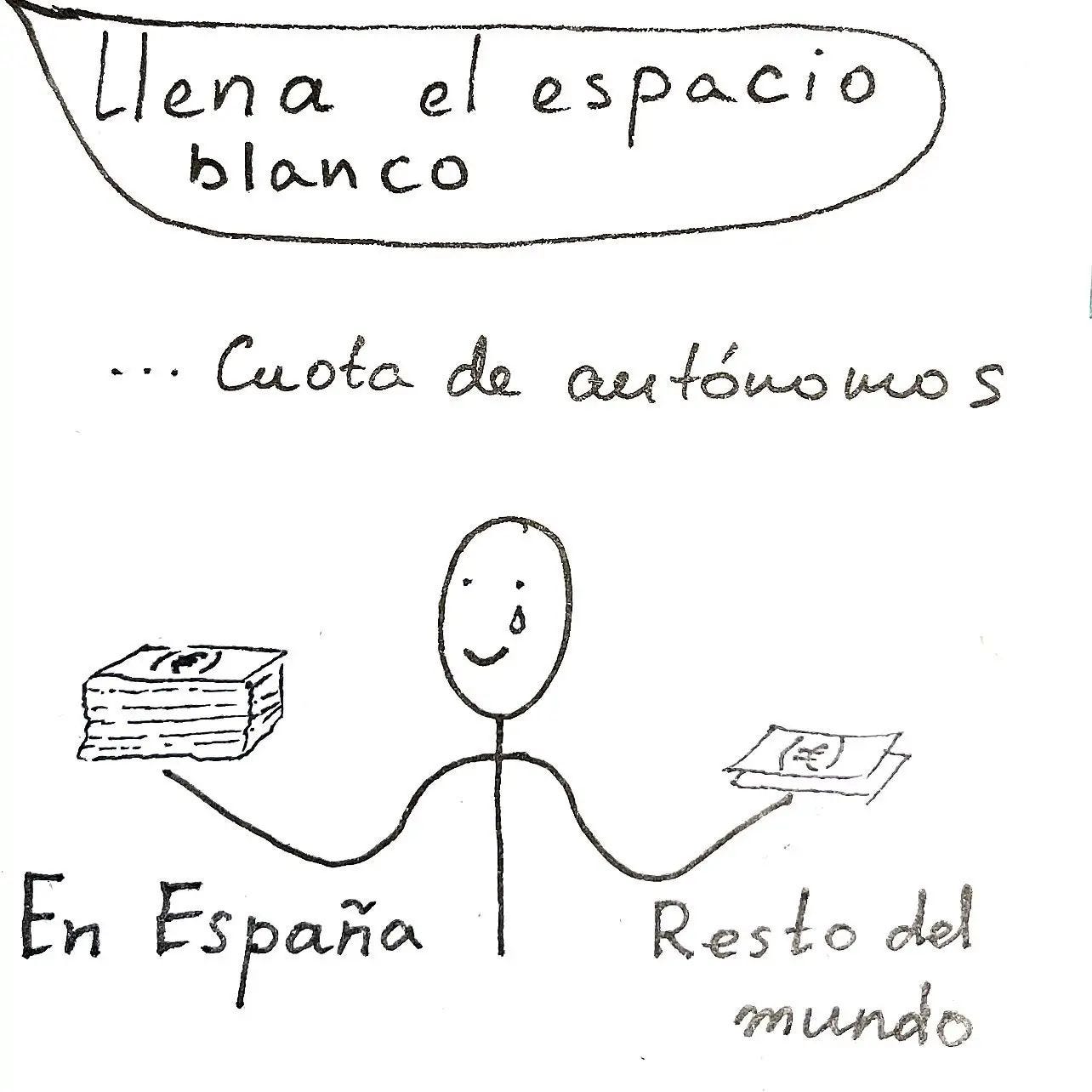


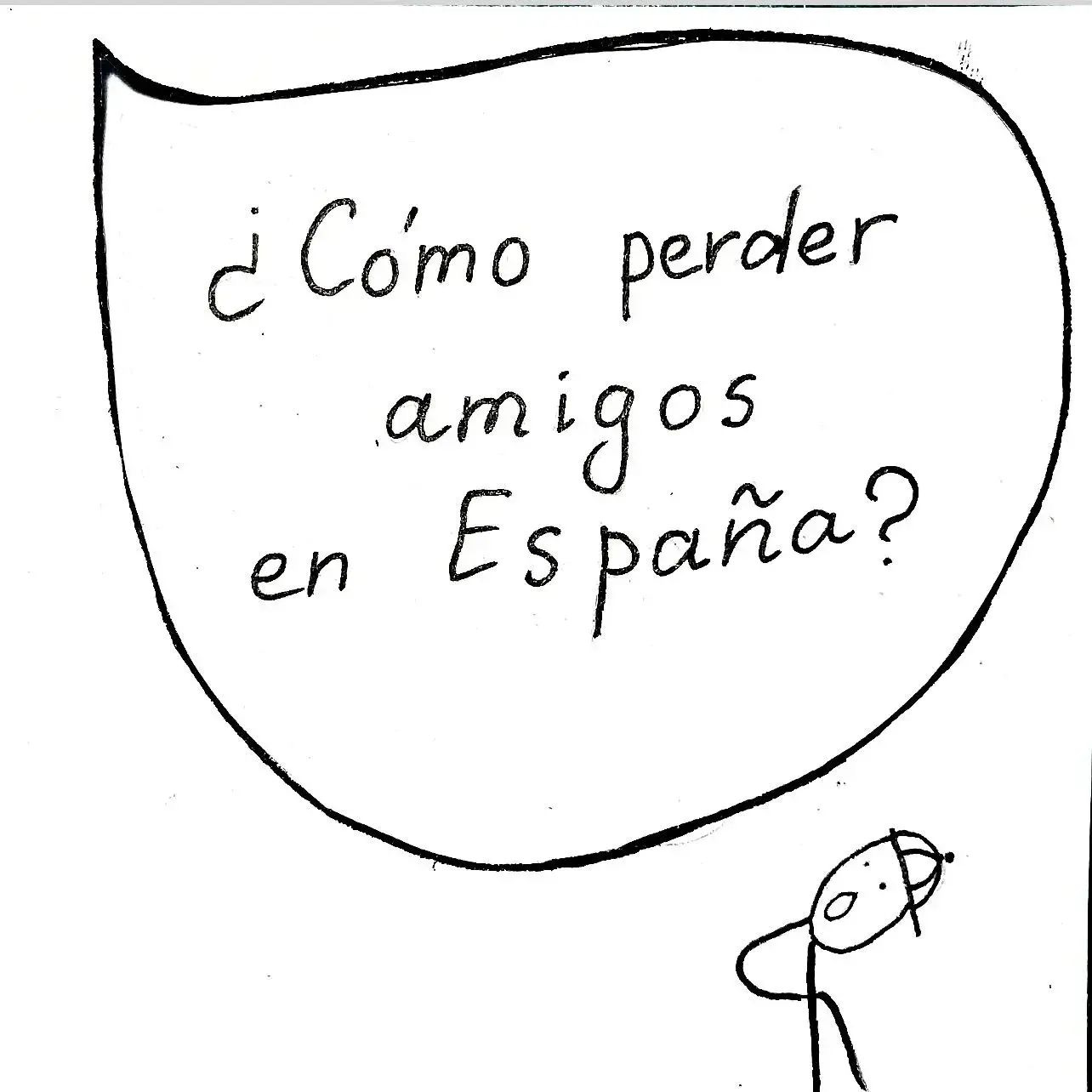
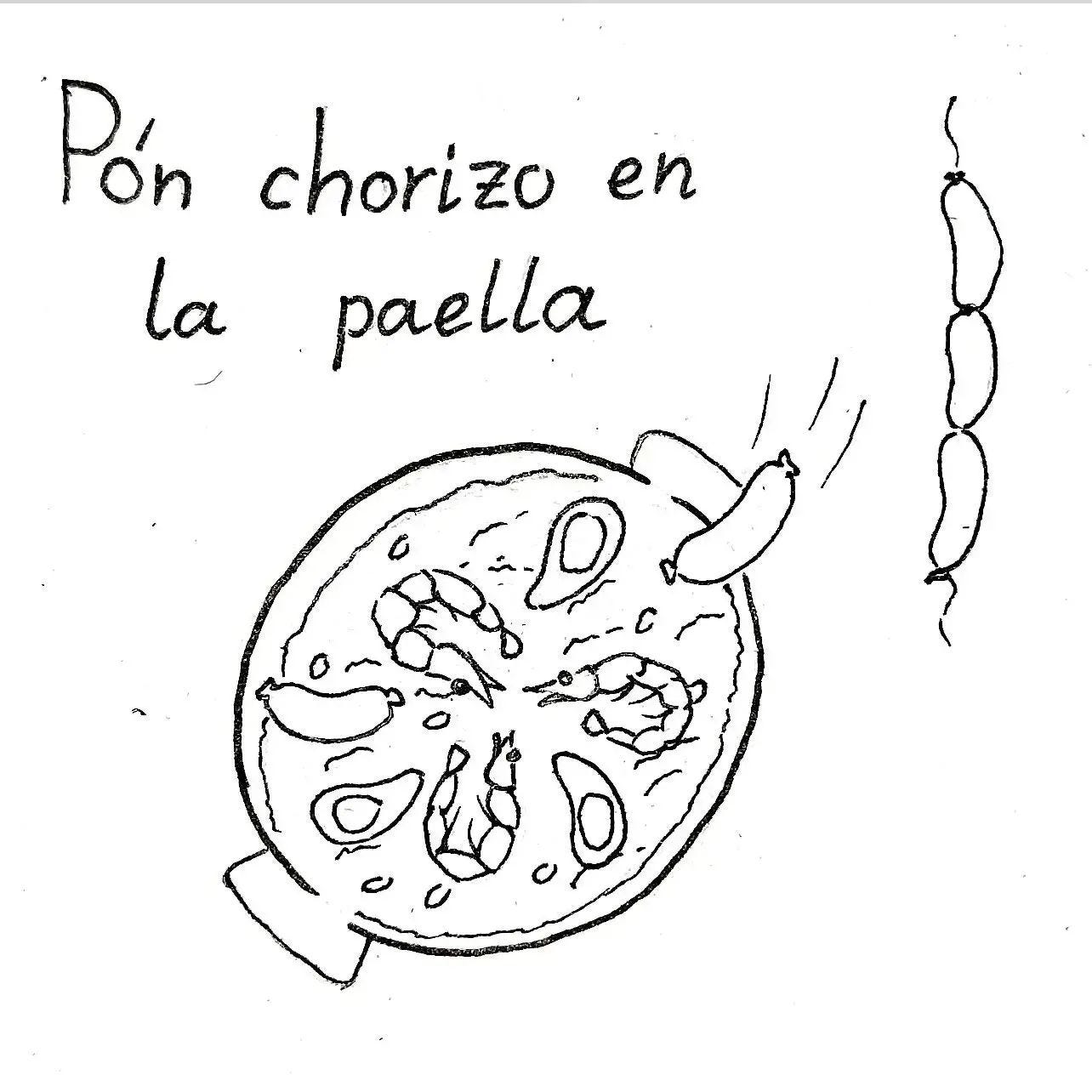


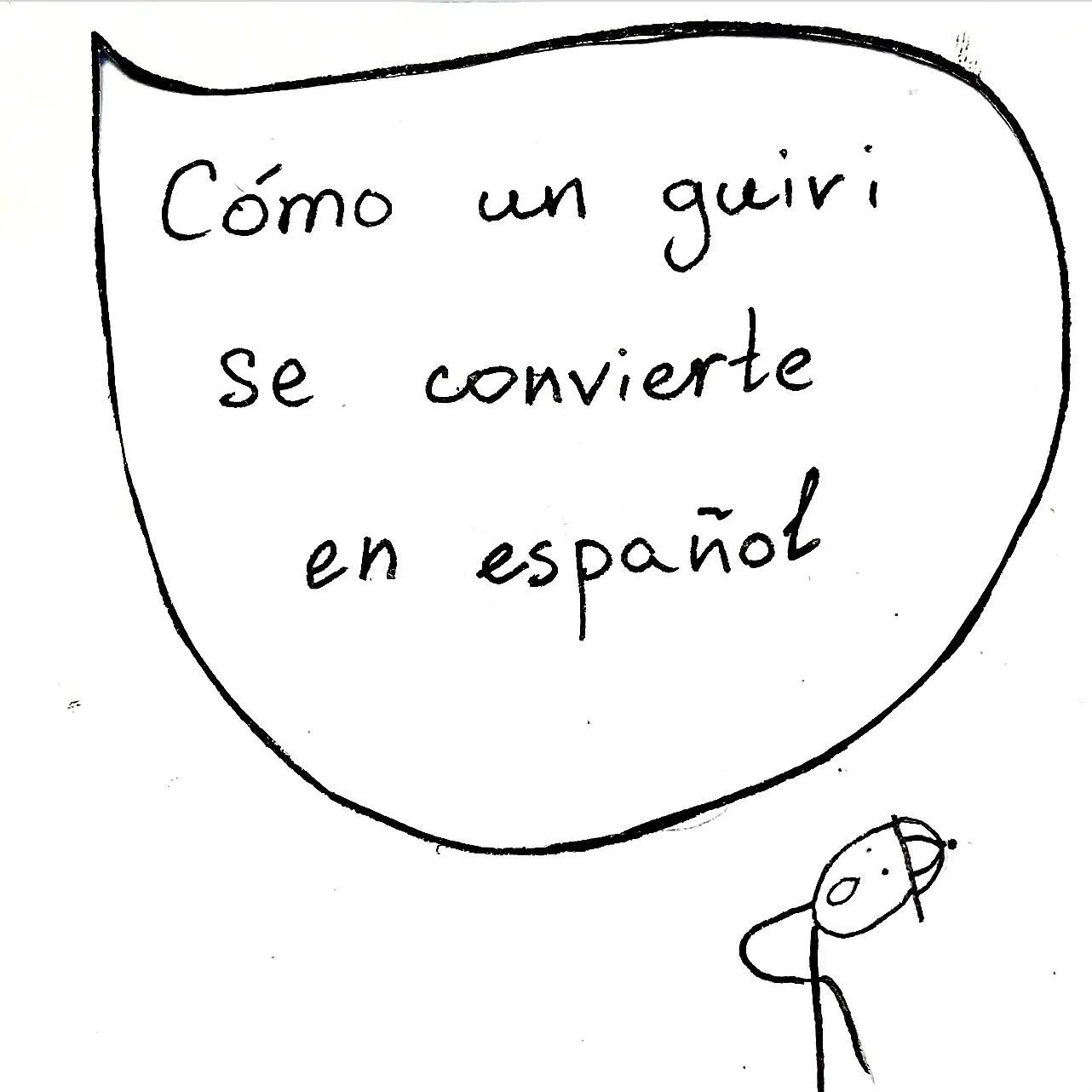
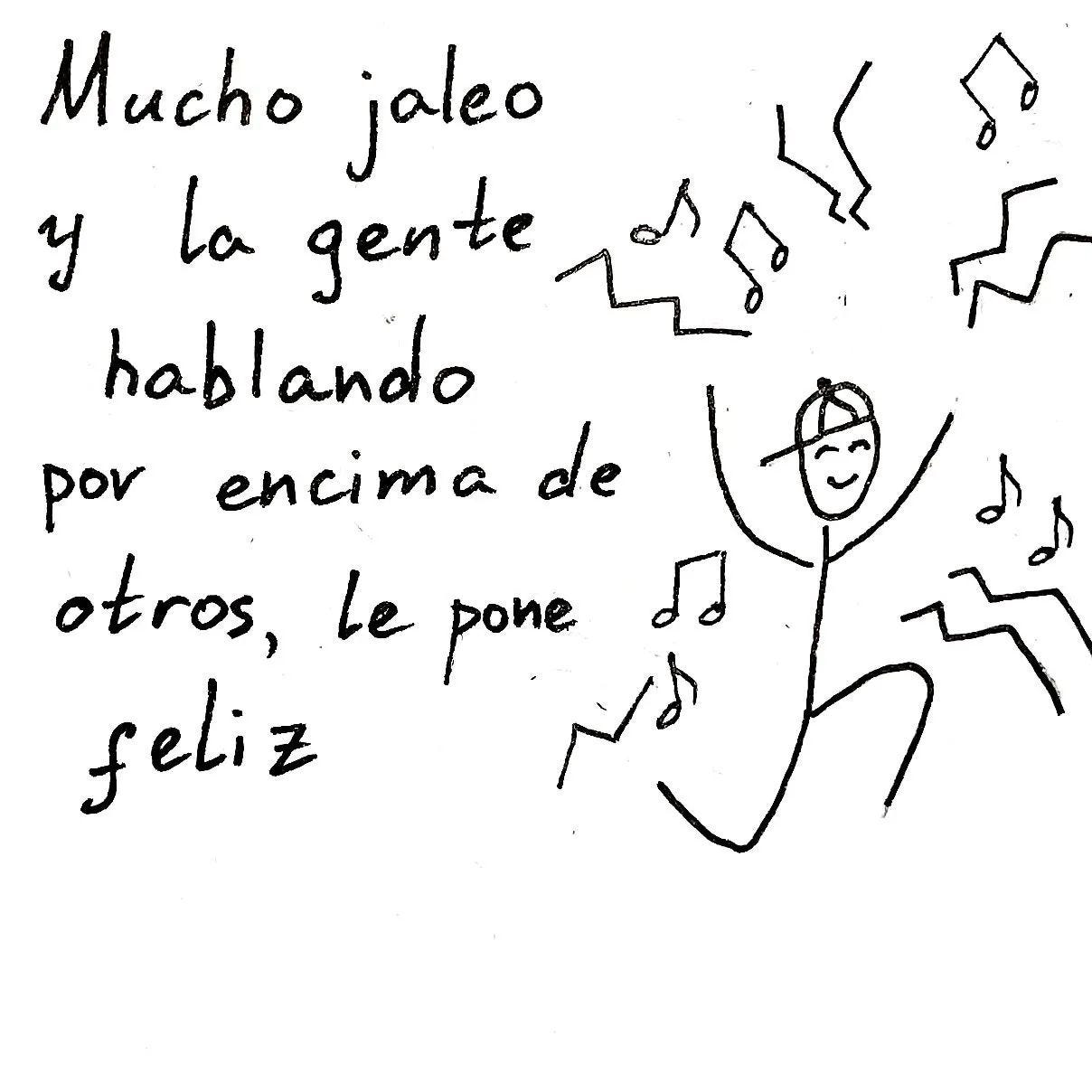



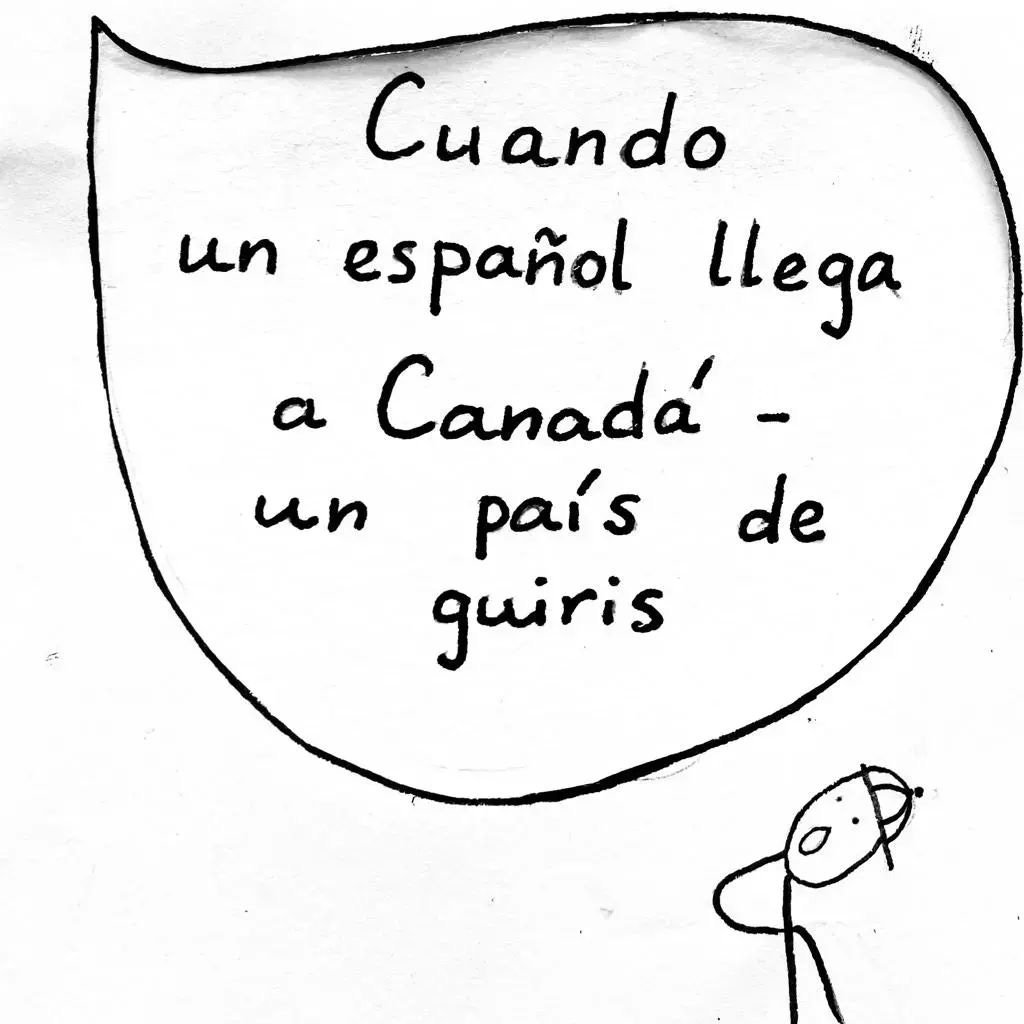

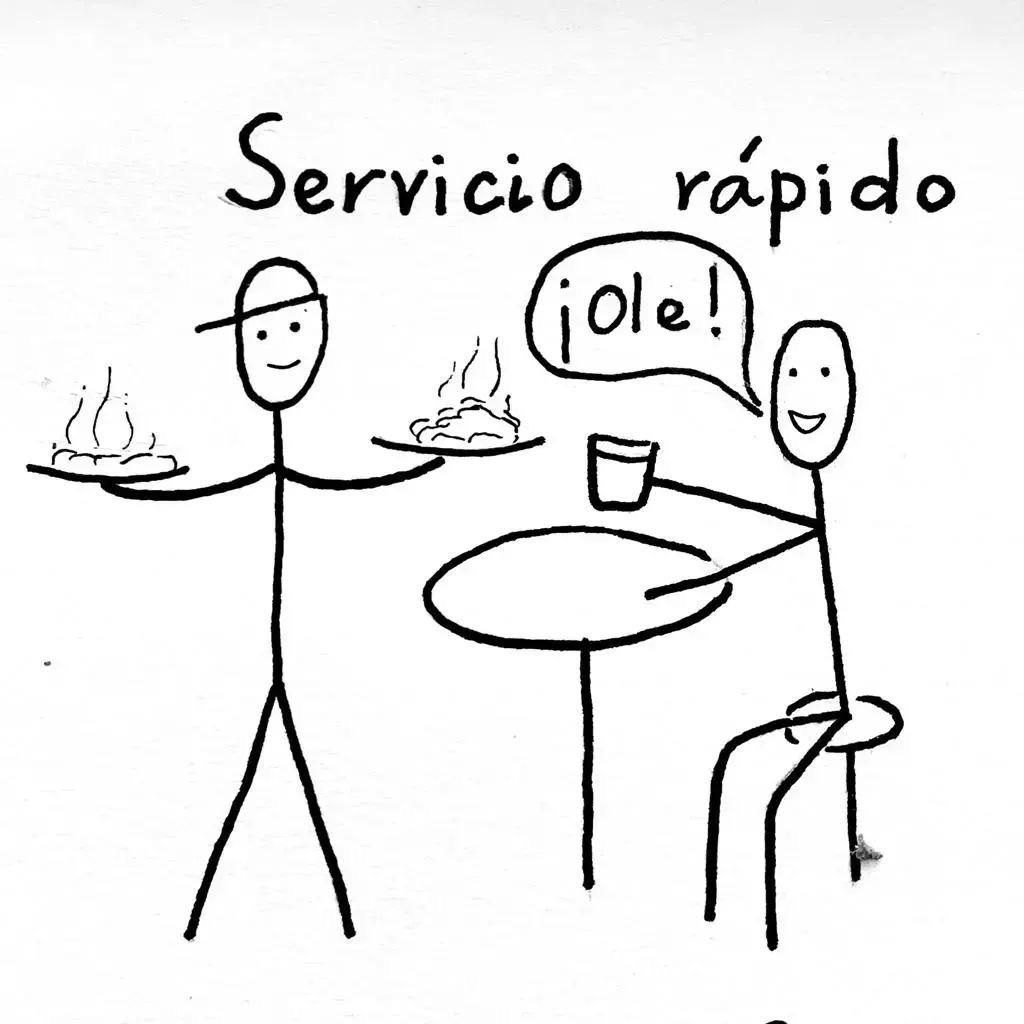
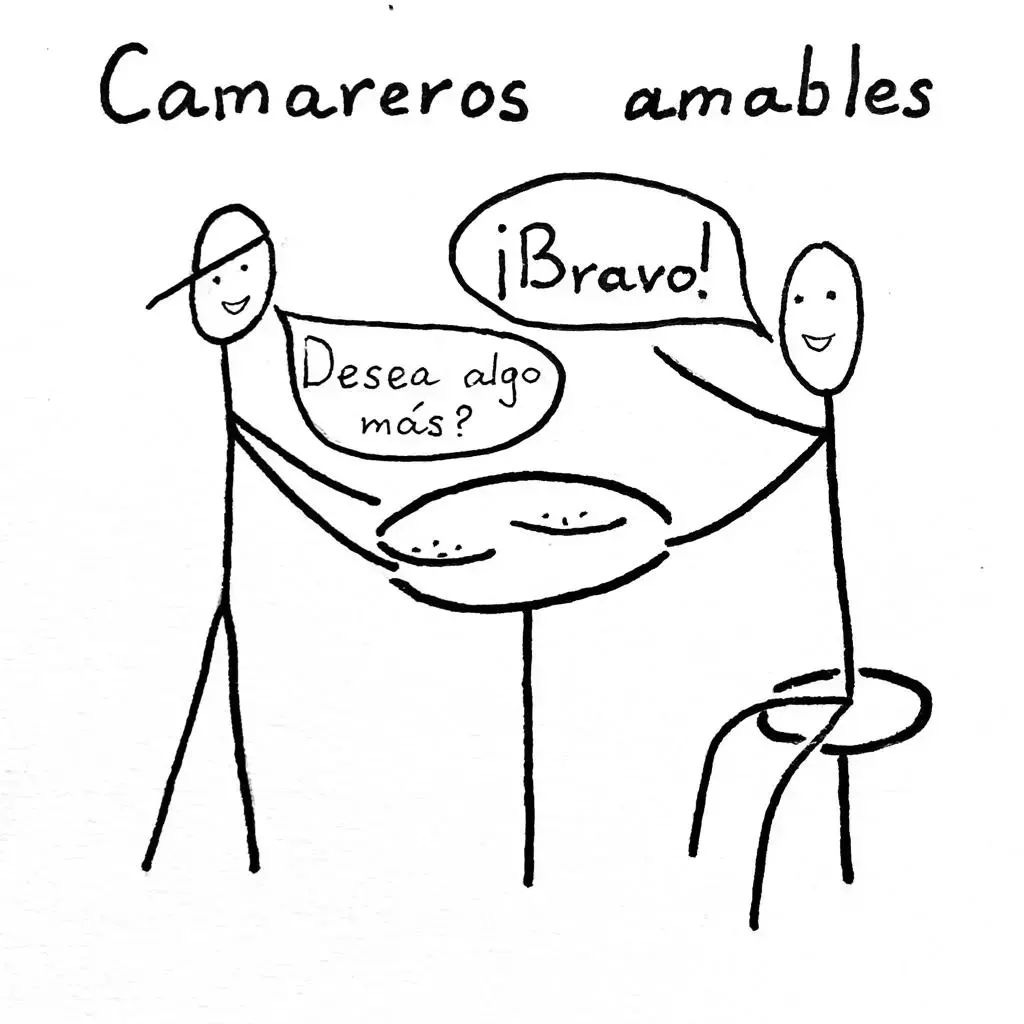

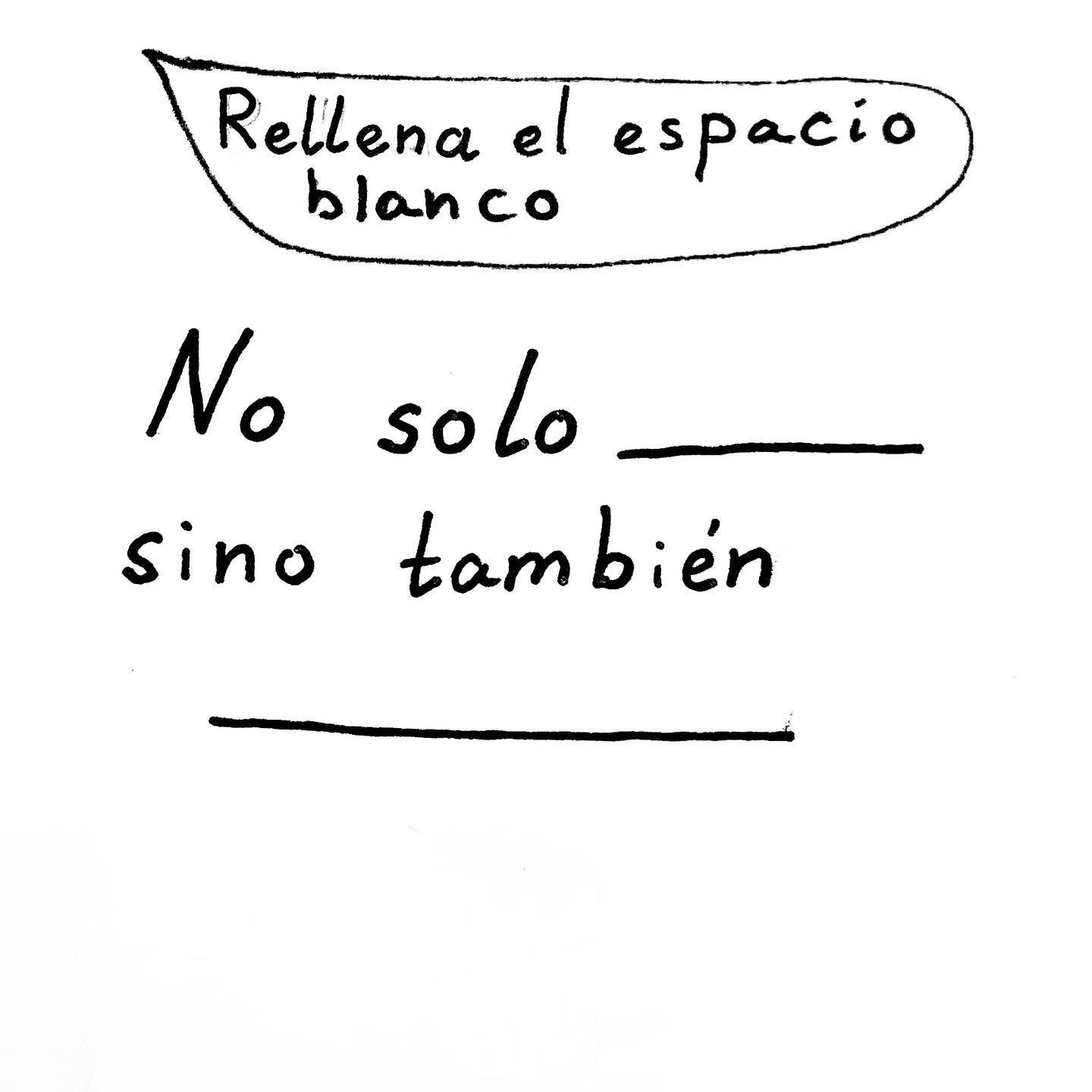
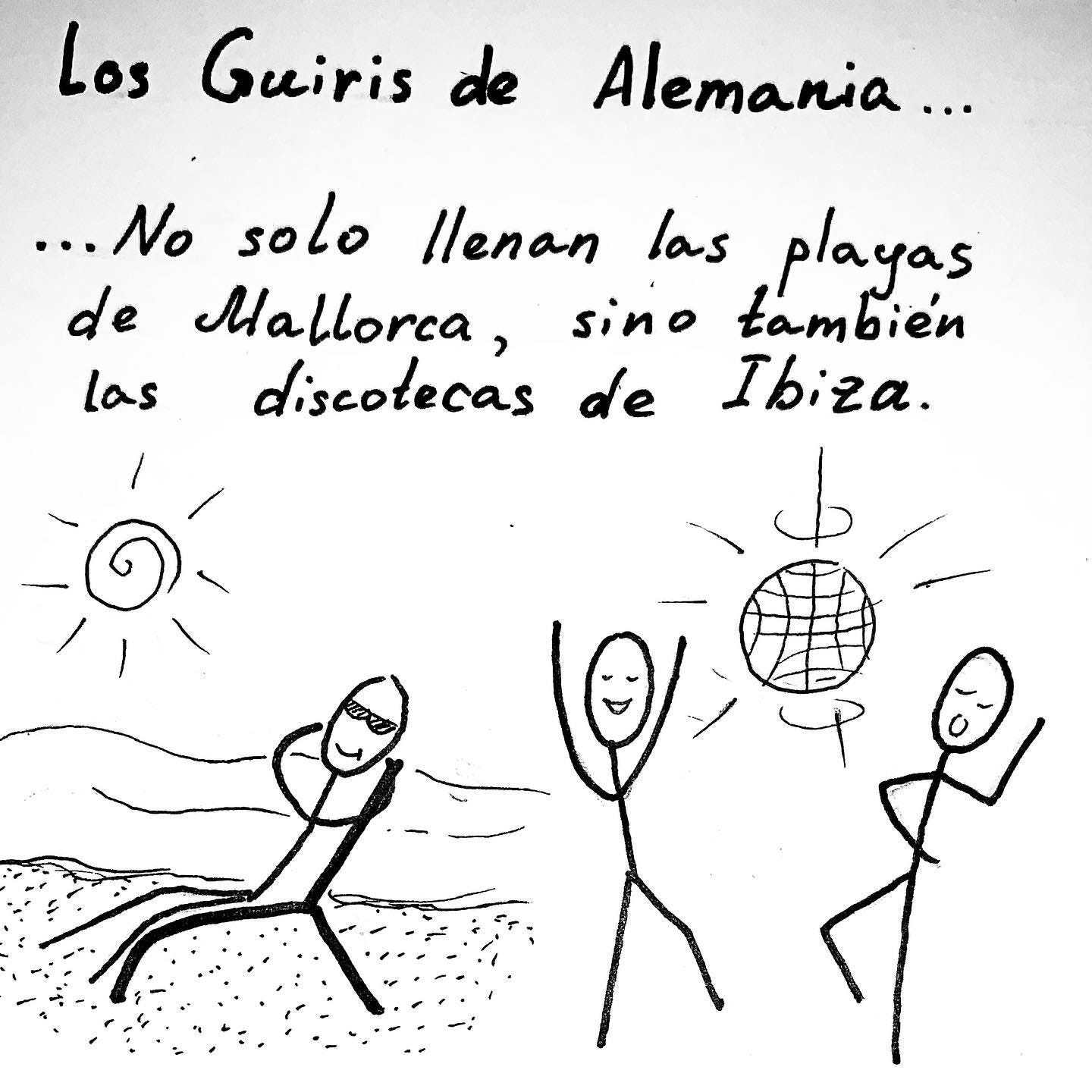
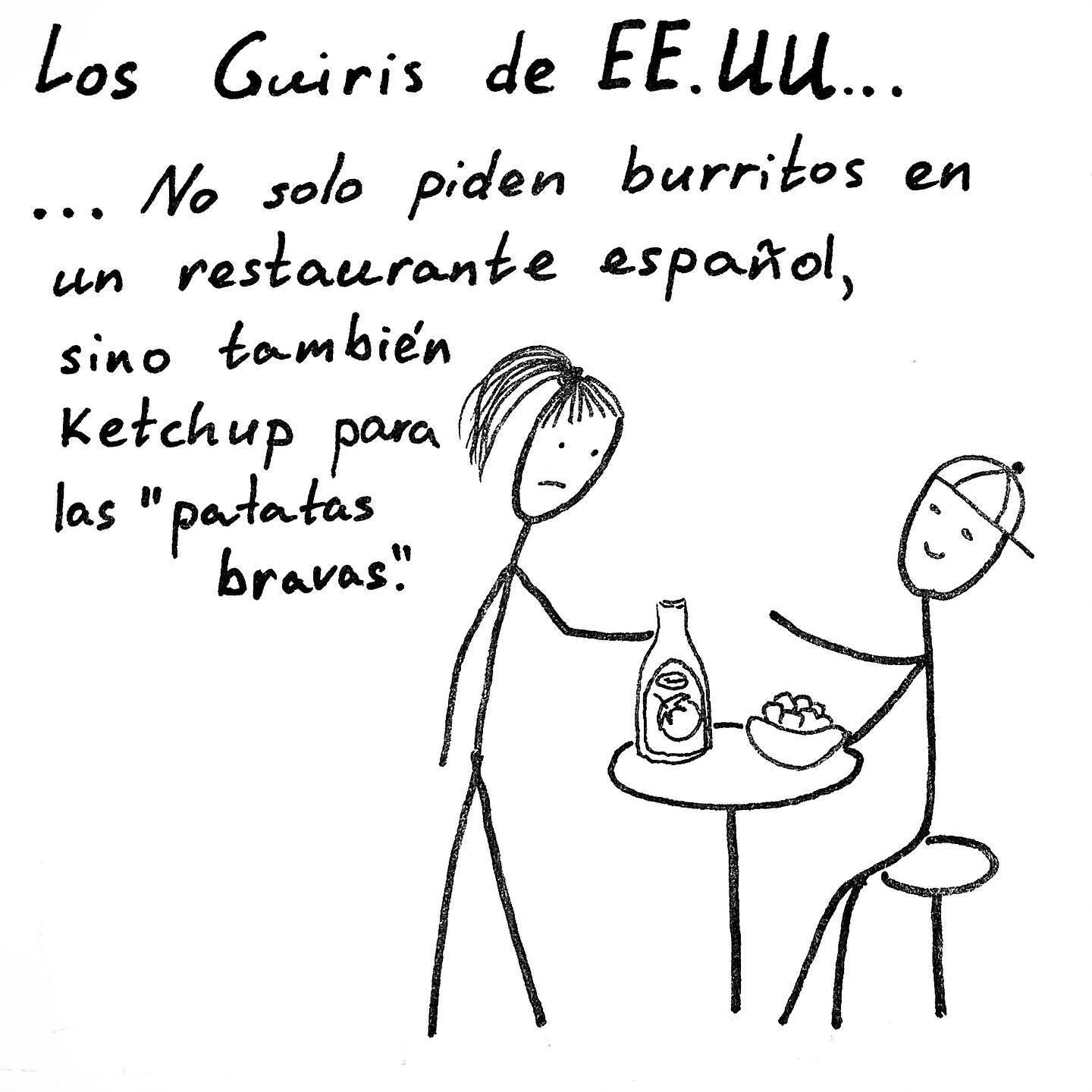
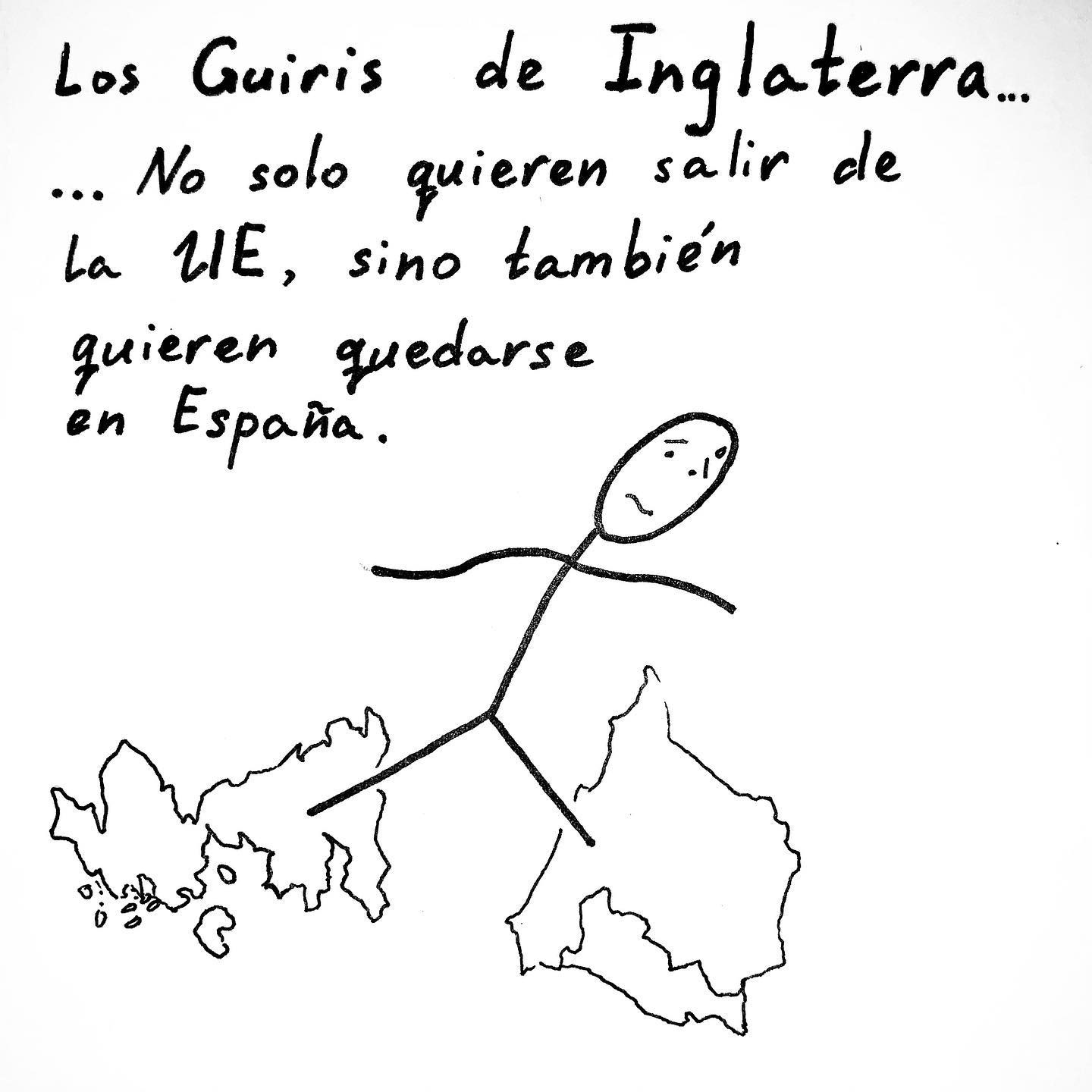


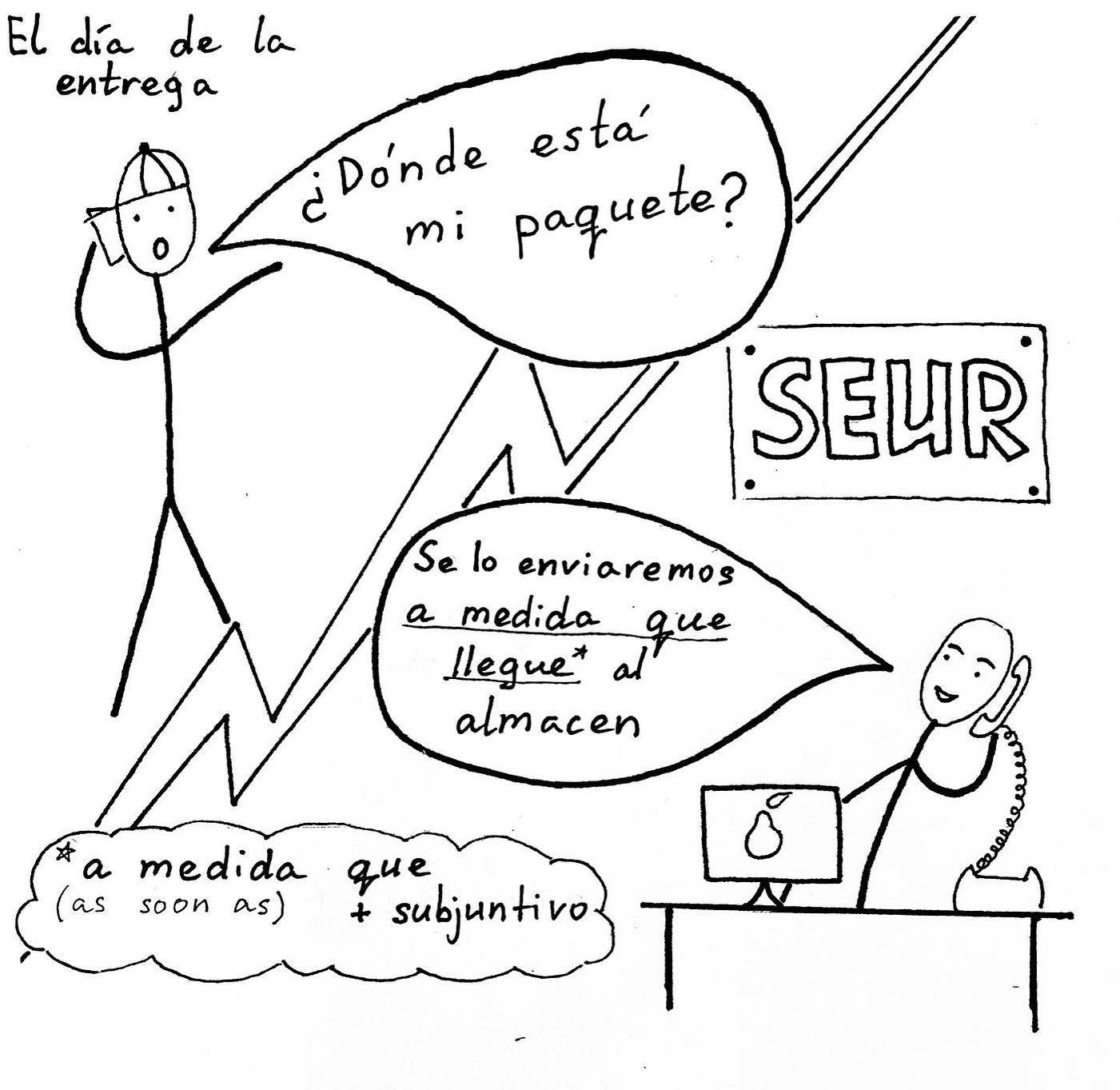
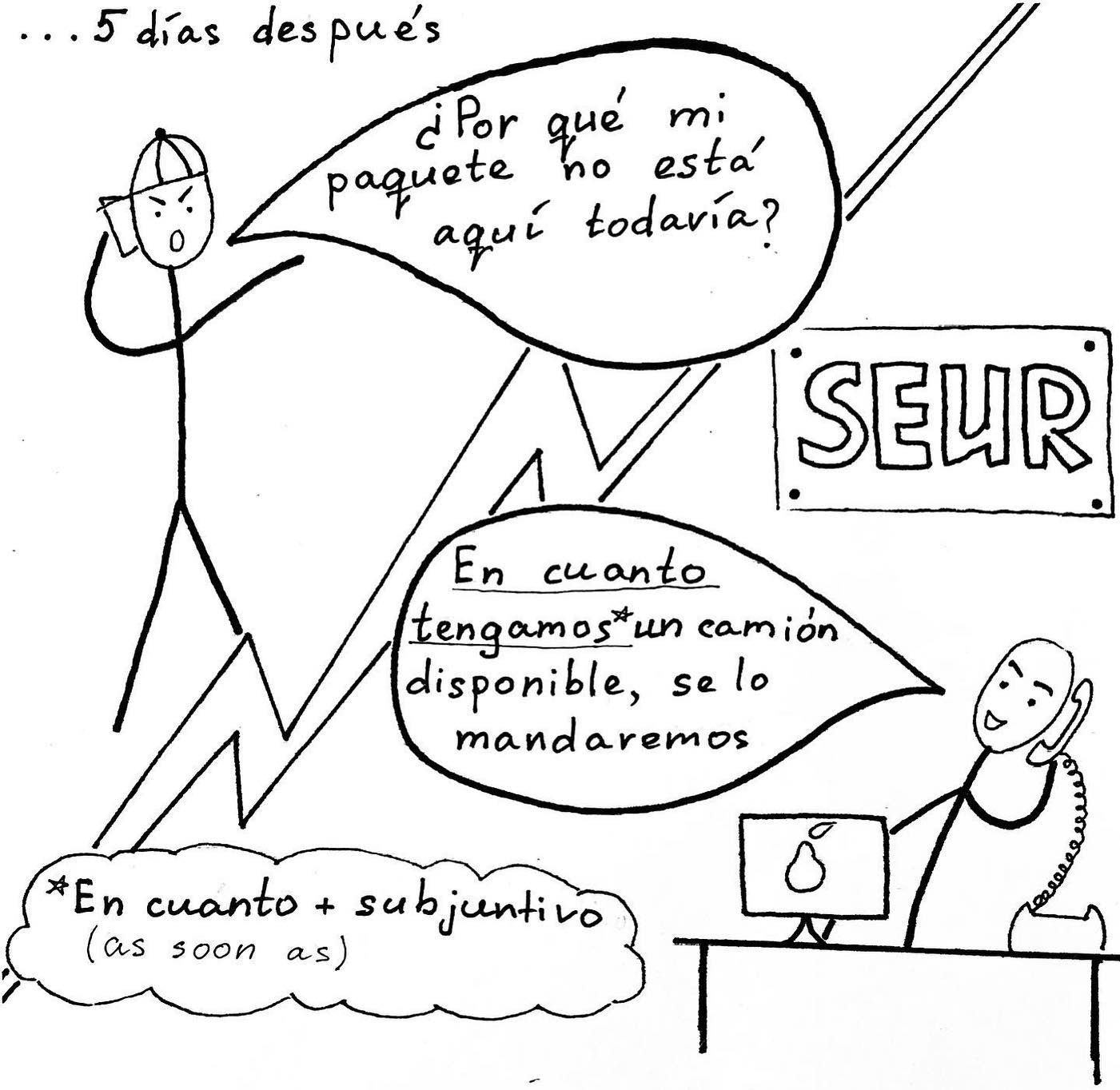
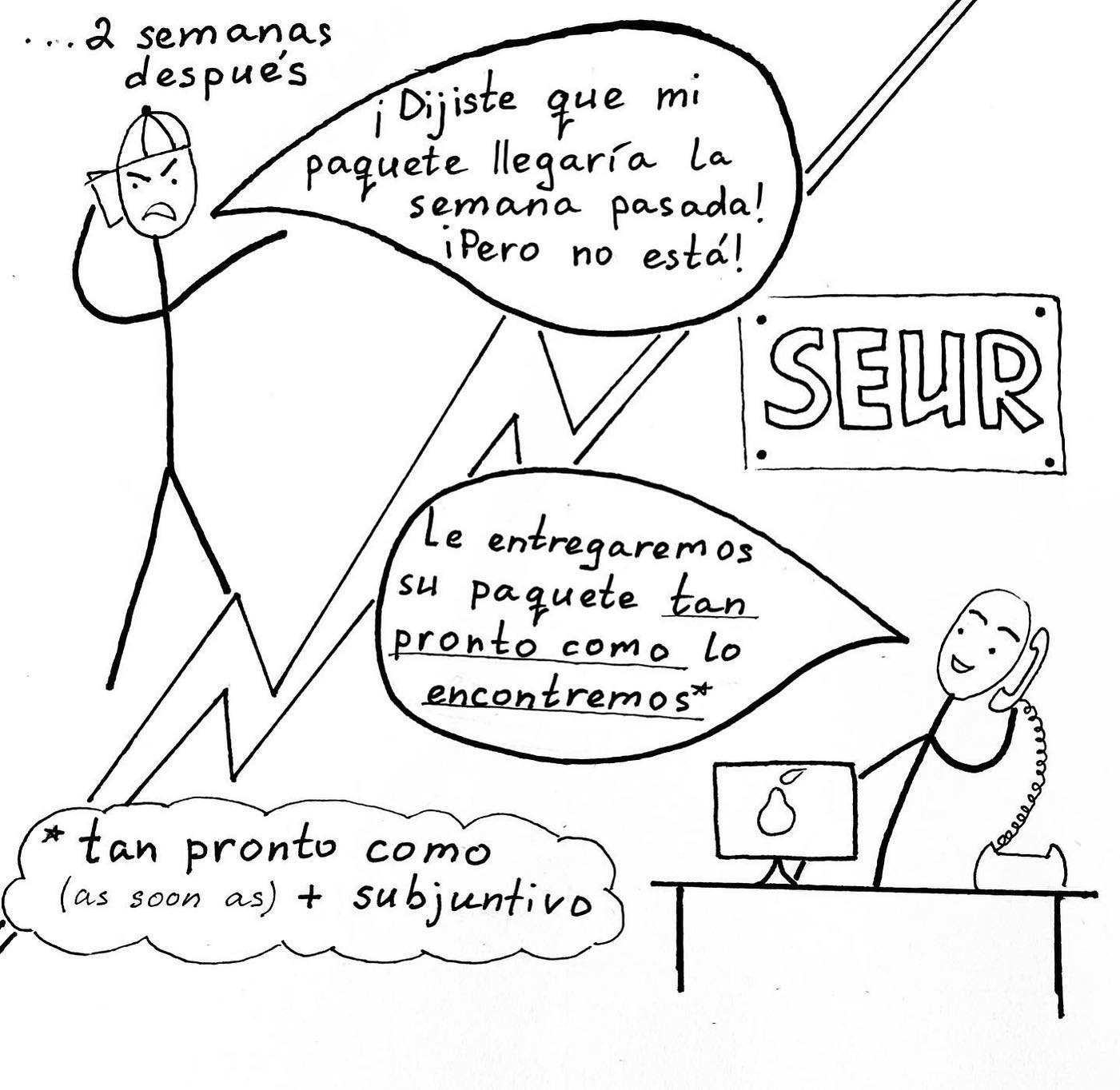
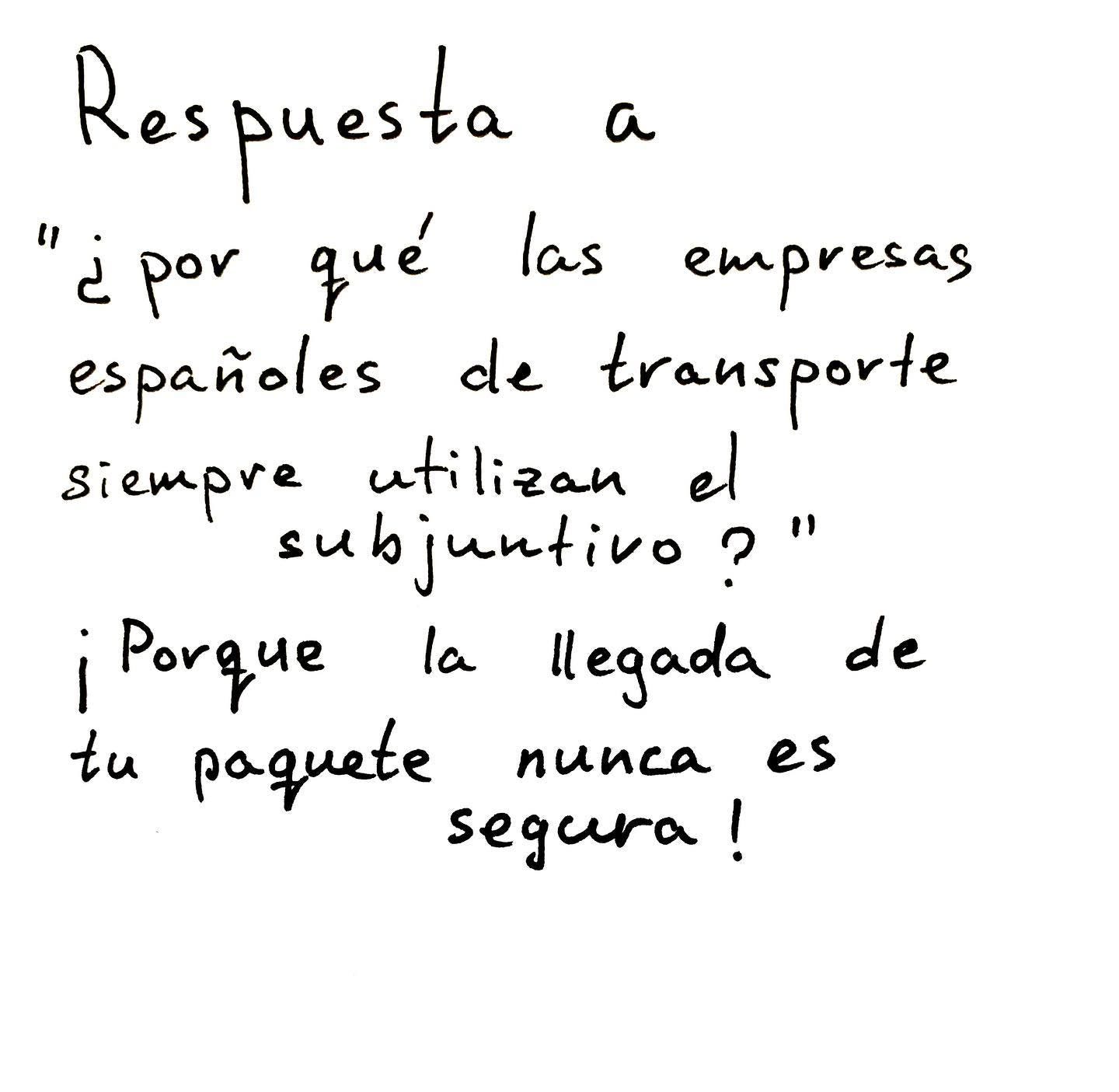
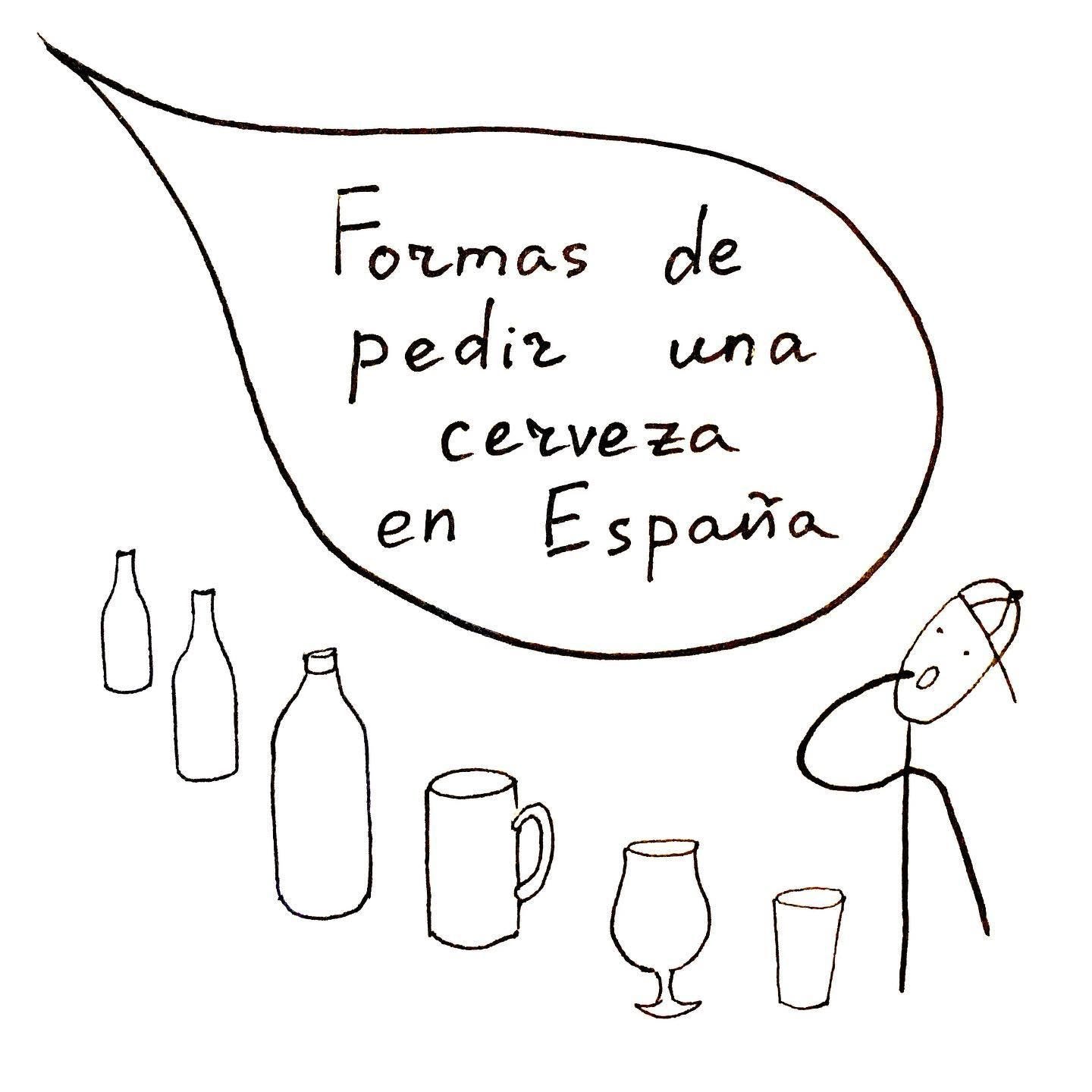
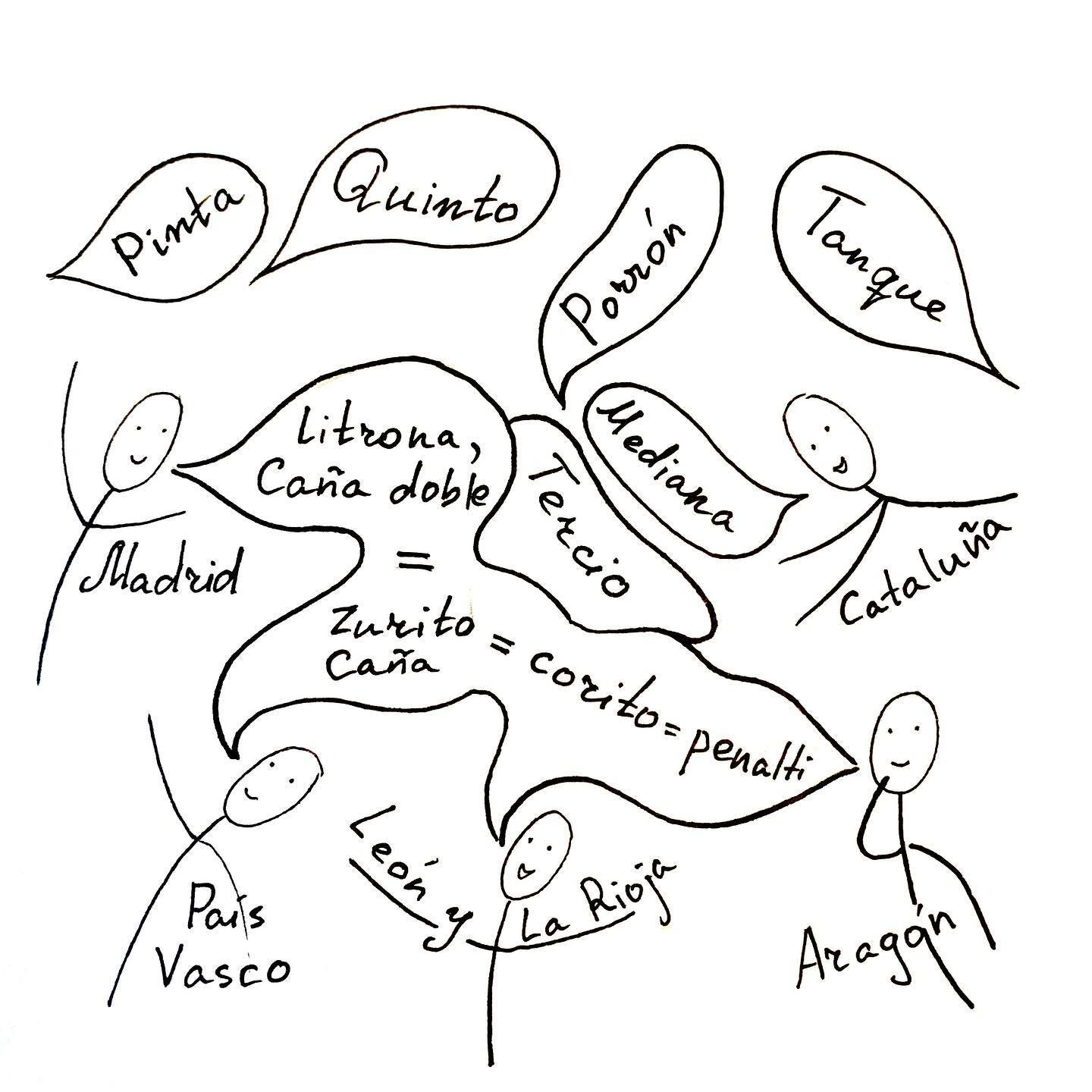

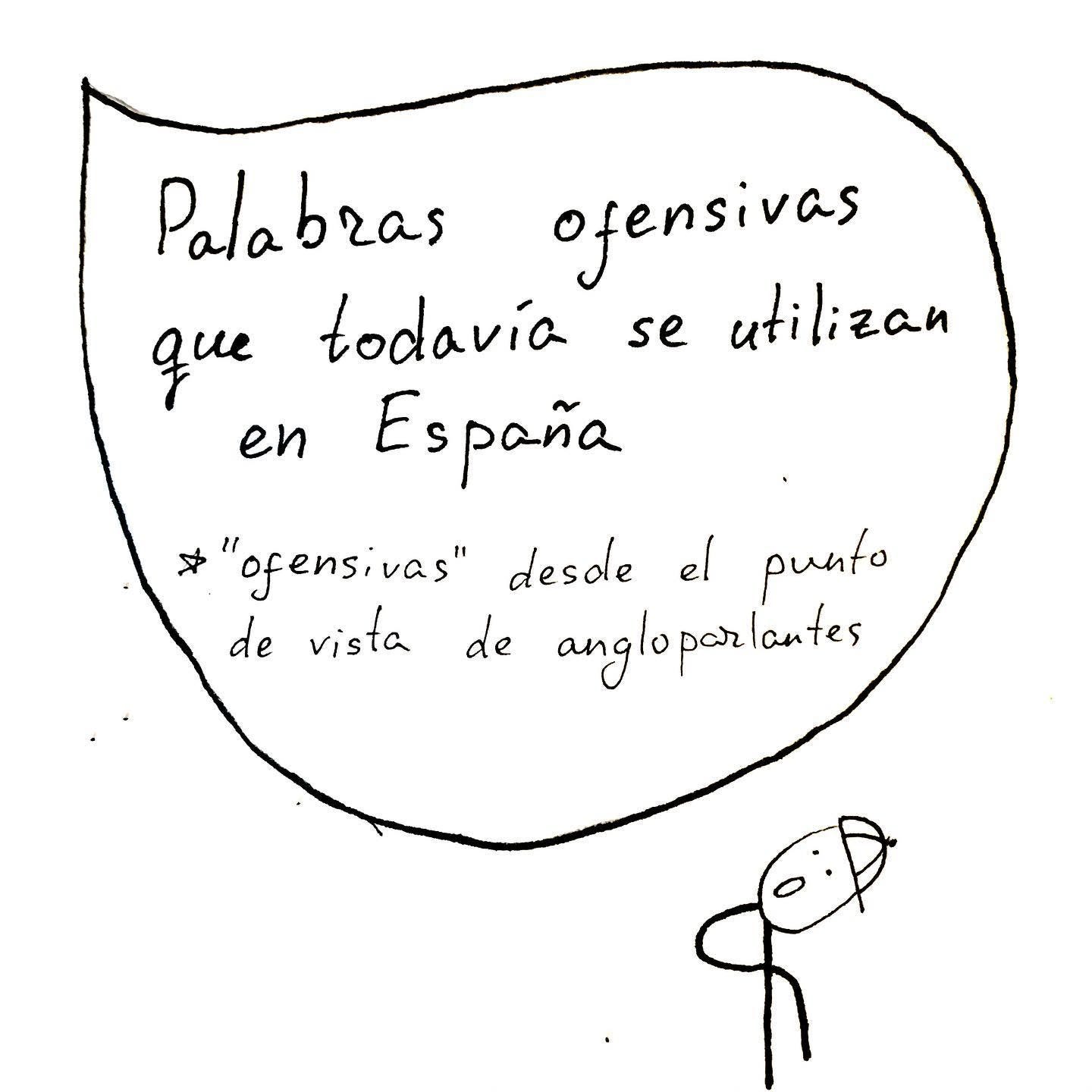

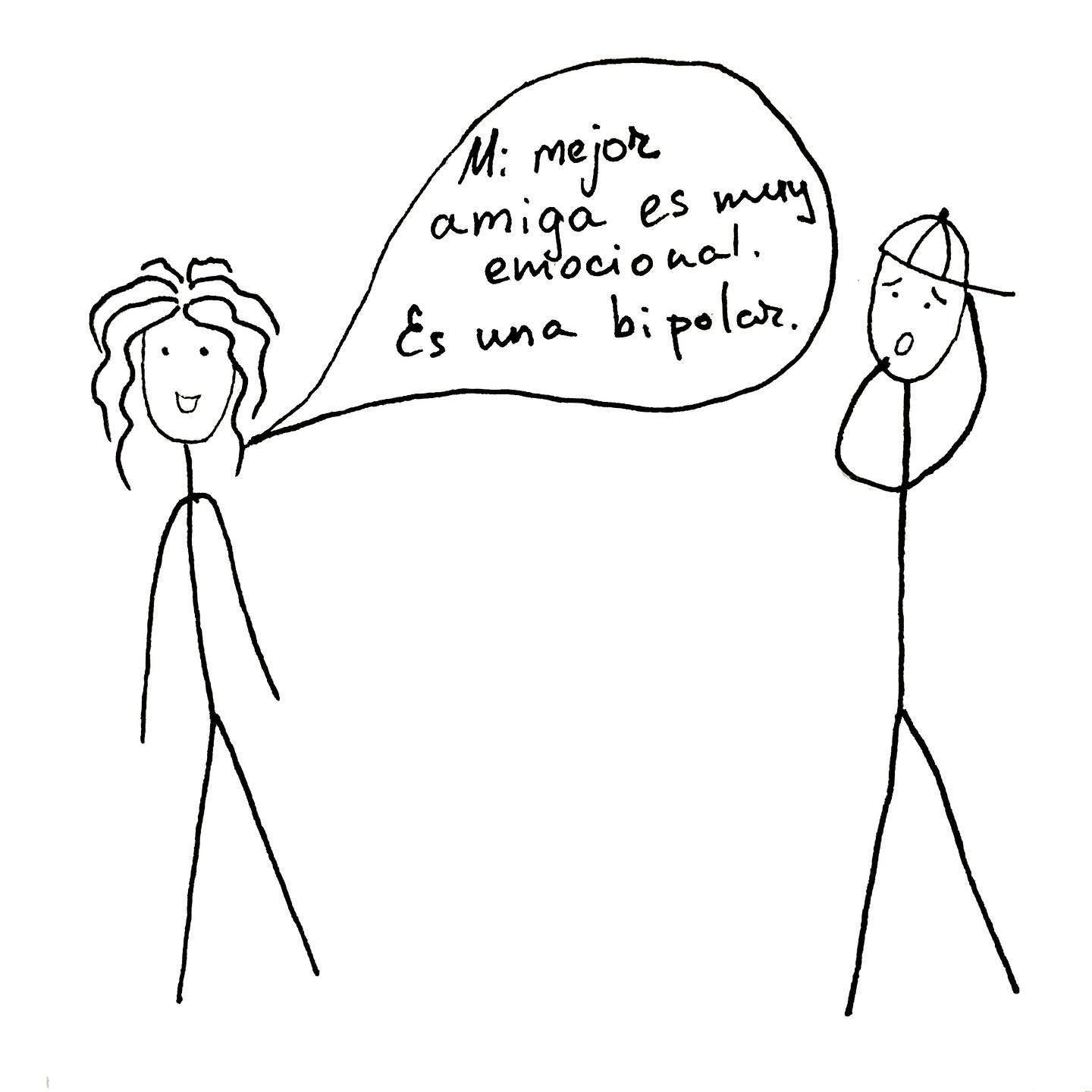




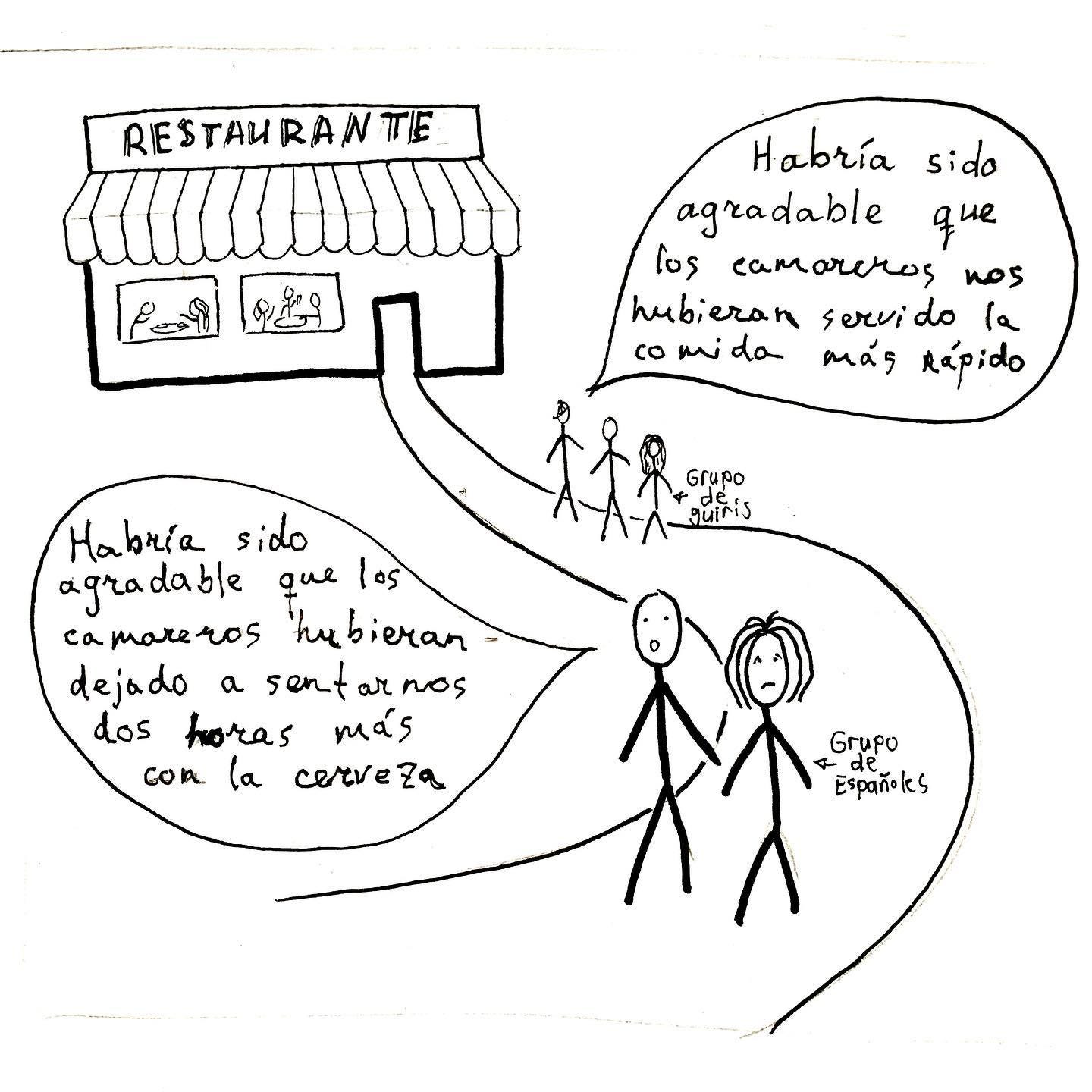

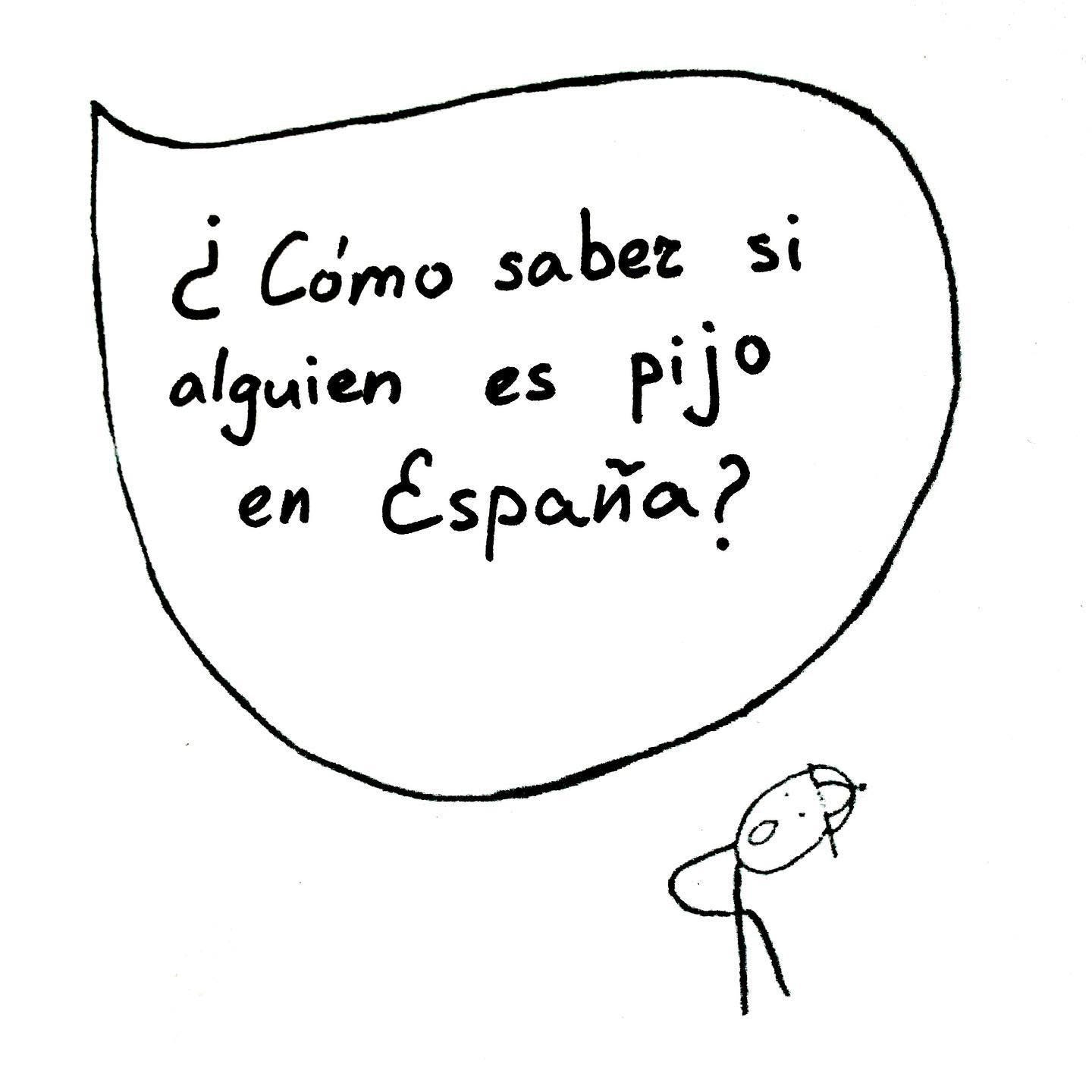
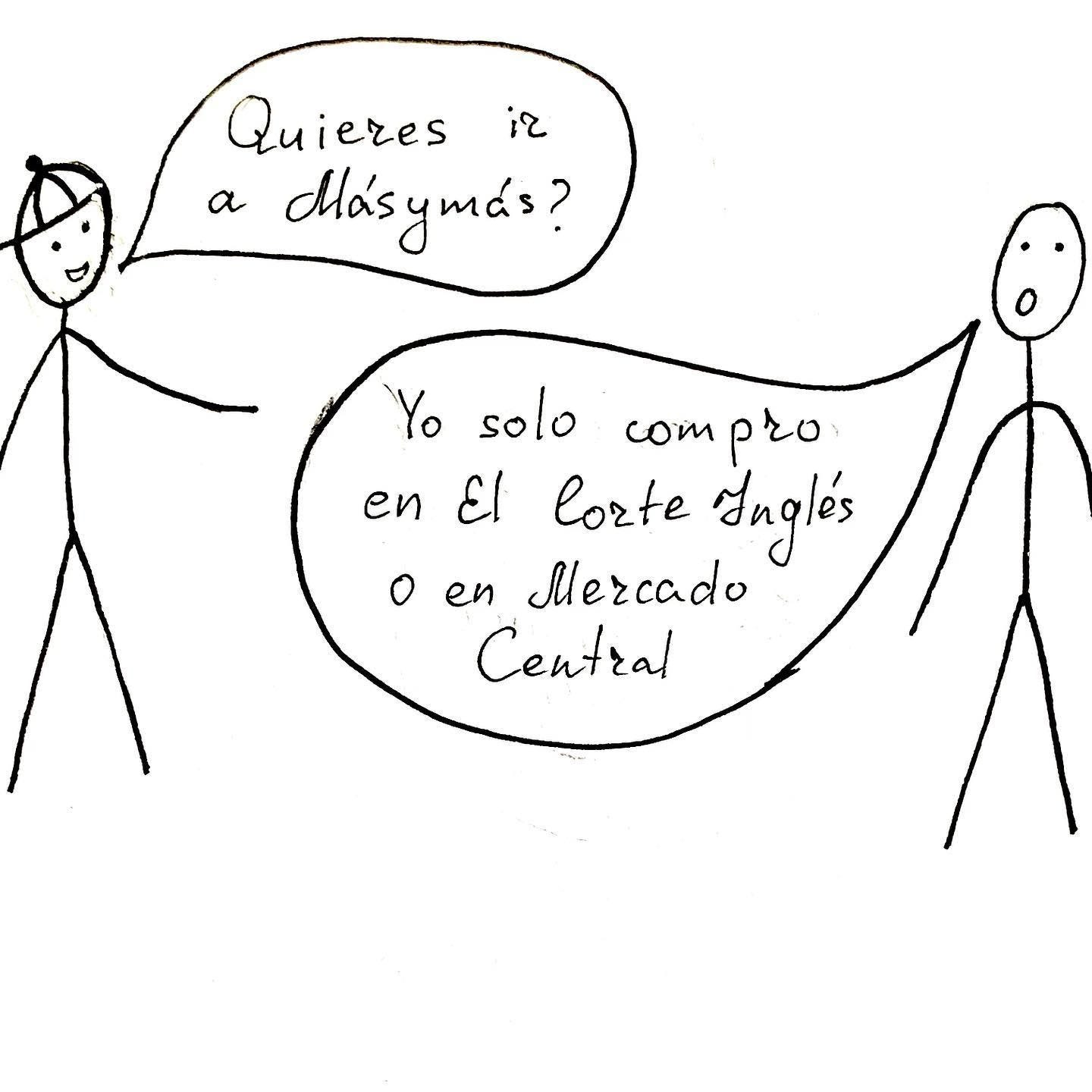

An Exceptional Language: Portuguese, La Lingua Franca
Posted on August 17, 2020
Unfortunately, Portuguese was never one of the languages offered in most USA schools.
Spanish and French, yes … with some of the more upscale schools including Latin (or Greek) – even Russian! – in their curriculum.
Mas não português.
So, most of us opted for Spanish or French.
Even a limited knowledge of Spanish, especially, can be both a help and a hindrance — a mixed blessing — to learning Portuguese.
Let me be clear: I am not saying that Portuguese derives from Spanish or that peering into Portugal’s language portal through Spanish eyes is what learning Portuguese is all about. Many people have difficulty understanding and speaking Portuguese (though reading it is somewhat easier), not just because of the vocabulary and syntax, but — especially — because of its pronunciation. But, once our ears are attuned to the sounds and rhythm of the language, there’s a nasalized beauty in the poetics of Portuguese.
The communications professor in me wants to know about a language and understand what makes it tick. Peering through the peephole of Spanish, because it's my familiar tongue, I try to unpack the mysteries of how the Portuguese language works—and why.
But my Spanish also causes obstacles, hurdles, and stumbling blocks. People constantly remind me that I’m thinking – and talking – in Spanish.
When I speak Portuguese, it comes out sounding like a Spanish mish-mash.
"Fala português ... não espanhol!" my Portuguese friends admonish and encourage me.
Intent at understanding the "why" behind the language, its psychology, the rules governing its syntax, I’ve embarked on an ambitious adventure to analyze Portuguese, at least as the language relates to Spanish … arriving at a number of “Eureka!” findings in the process.
Some rules hold true rather regularly between Portuguese and Spanish. For instance:
• An “n” in Spanish is usually an “m” in Portuguese, while the Spanish “ie” is simply an “e” in Portuguese. Examples: una/uma … con/com … en/em … diez/dez … sin/sem … tiene/tem … bien/bem … abierto/aberto … también/tambén … alguien/alguem … siempre/sempre … tiempo/tempo … invierno/inverno … fiesta/festa;
• That “ny”sound (as in“canyon”) signaled by a tilde over the “n” (ñ) in Spanish is much the same in Portuguese, with words having “nh”letters: viño/vinho … señora/senhora … español/espanhol … baño/banho … leña/lenha;
• Although also used in Portuguese – most frequently over the letter “a”(ã) – the tilde produces an entirely different (nasal) sound: João … cartão … educação … manhã … não;
• The “ue” diphthong in Spanish becomes an “o” in Portuguese: luego/logo … puerta/porta ... puerto/porto … puede/pode … fuego/fogo … fuerza/força … escuela/escola … cuenta/conta … suerte/sorte … juega/joga.
• “O” in Spanish is often “ou” in Portuguese: poco/pouco … otro/outro, while the Spanish “l” often becomes an “r” in Portuguese: plato/prato … placer/prazer … plaza/praça;
• “U” in Spanish can become “ui” in Portuguese: mucho/muito … at other times, instead, it becomes an “o”: gusto/gosto … punto/ponto;
• The double “ll” in Spanish often translates to “ch” in Portuguese: llave/chave … llama/chama … lluvia/chuvia … llegando/chegando;
• Words beginning with “h” in Spanish often switch to an “f” in Portuguese: horno/forno … hacer/fazer … hablar/falar … hijo/filho … harina/farinha … fugir/huir … hablar/falar … harto/farto;
• When you see a word with a “çao” suffix in Portuguese, it probably ends in “ión” in Spanish: relação/relación … informação/información … edição/edición … habitação/habitación;
Confused?
Wait, the questions keep coming … and we haven’t yet touched upon tenses and sentence structure:
It’s “bom dia, boa tarde, boa noite” in Portuguese, but “buenos días, buenas tardes, buenas noches” in Spanish. Why are the day’s divisions plural in Spanish but singular in Portuguese?
When does “dia” end and “tarde” begin, anyway? Why, after 12:00 PM, of course, you say? Maybe technically. But people in Portugal generally suppose that “tarde” begins after one has eaten lunch. What about “noite”? When it becomes dark … or after eating dinner?
And why are the words for “day” spelled the same in Spanish and Portuguese, while only Spanish gives it an accent mark (día)?
Spanish, like most Latin-derived languages, names the days of our lives: lunes, martes, miércoles, jueves, viernes, sábado, domingo. Except for the weekends (sábado, domingo), Portuguese, instead, numbers them: segunda-feira, terça-feira, quarta-feira, quinta-feira, sexta-feira.
But don’t confuse “feira” (market, as in market days) with “feria” (fair, market, and often, holidays) or ferias: vacation.
Thankfully, many words are identical in both languages: “casa,” “porque,” “tal|vez,” “médico,” “viajar”, “comprar,” “poder,” “vida” … and even “de nada,” to say “you’re welcome.” So, how come cats are cats – “gatos” – in both languages, while a dog is “perro” in Spanish but “cão” in Portuguese? And, for goodness sake, how did “gracias” become “obrigado,” every foreigner’s favorite Portuguese word?
Pronunciation and accents are other matters entirely, as Portugal uses almost every accent mark in existence—and then some! How can anyone other than a native enunciate clearly the subtle differences between “pais” (parents), “país” (country), and “pães” (breads)?
Who but the Portuguese can tell the difference between grandfather and grandmother, when the ending of both seemingly masculine words differs only by an accent mark: avô (grandfather) and avó (grandmother)? Yeah, right. Now try pronouncing them both.
Similarly, verb tenses and conjugations differ in the two countries of Iberia. For instance, consider so-called “reflexive” verbs. More often than not (although not always), their order is reversed: In Spanish it’s “se vende, se trata, se llama,” while in Portuguese we get “vende-se” and “trata-se,” but “se chama” … except when asking a question, used in the negative, and other exceptions: “Se vende a casa?” “Como é que se chama?”
And the past tense (pretérito) is so similar, yet different. Take the verb "ir," for instance. In Spanish and Portugal, the first person singular in both is "fui." Yet, while the third person singular is close in the two languages, a miss is as good as a mile: fue (Spanish) and foi (Portuguese).
Here’s where turnabout between the Portuguese and the Spanish isn’t necessarily fair play: Some Portuguese people understand spoken Spanish, because they grew up watching Spanish TV.
Spanish people, however, have a hard time understanding Portuguese. Some say that's a matter of choice, not of ability. Because whether it's Portuguese, Spanish, or Portu|ñ|ol, we certainly understand each other at the border cities and towns.
As for me, I don’t think I will ever get used to seeing “Puxar!” on a door and pushing rather than pulling.
This was wonderful, Nolan! So many memories. I’d never heard the term”guiri”! I lived in Barcelona. Maybe it’s a term outside of Catalunya? Great refresher for el subjuntivo. More of this, please!